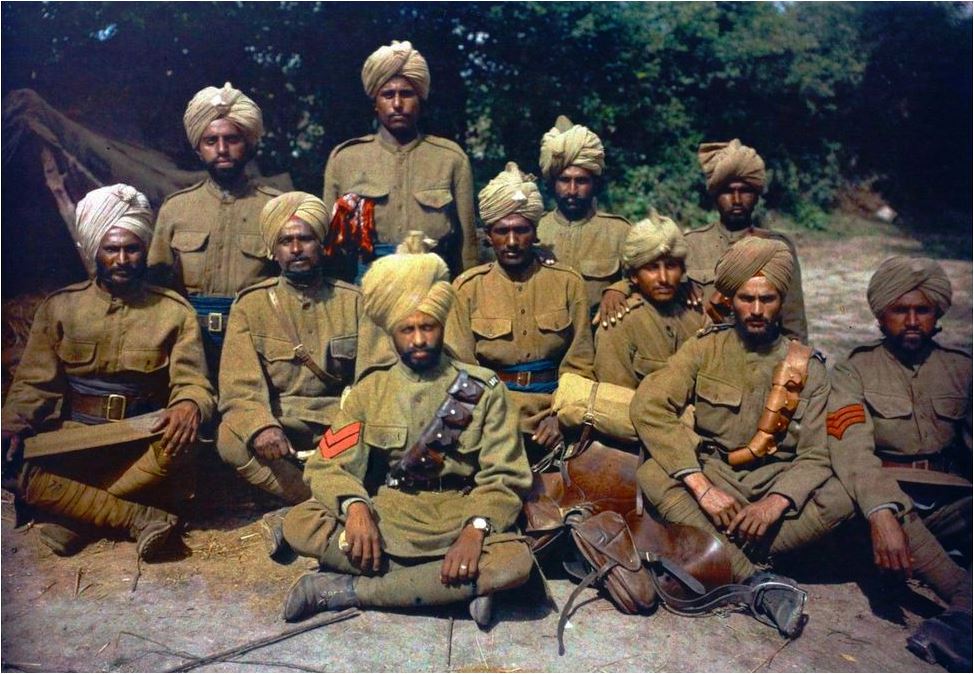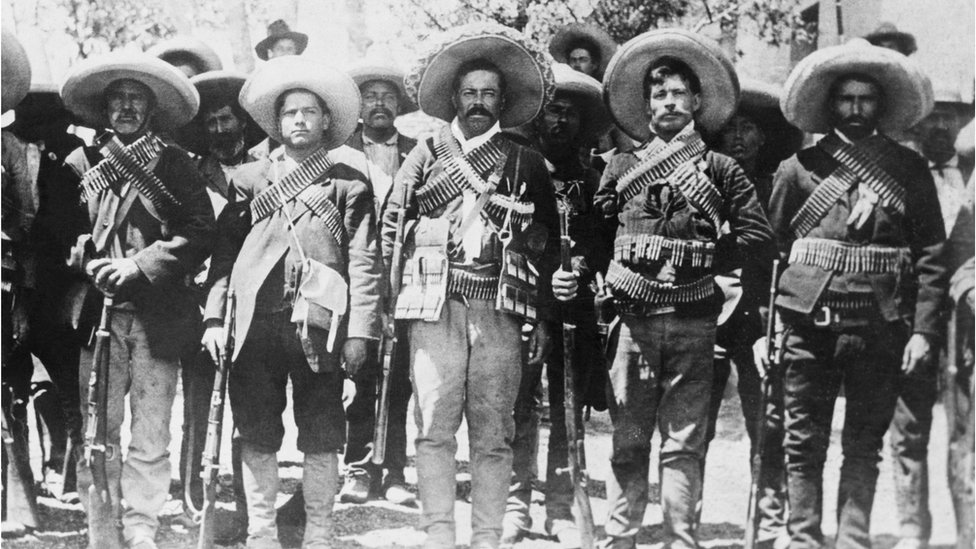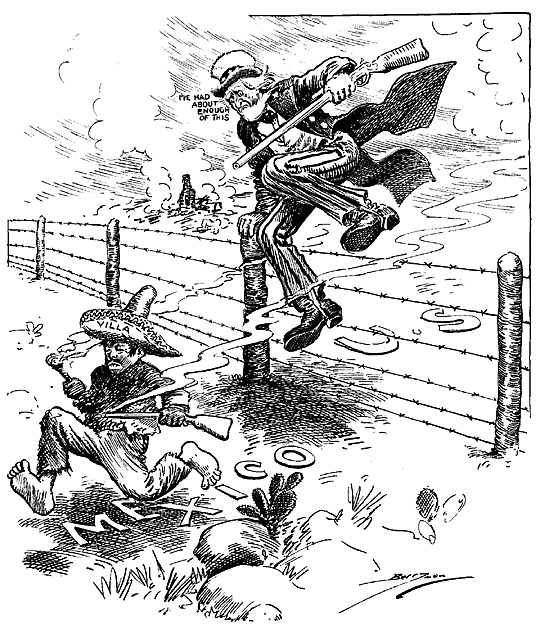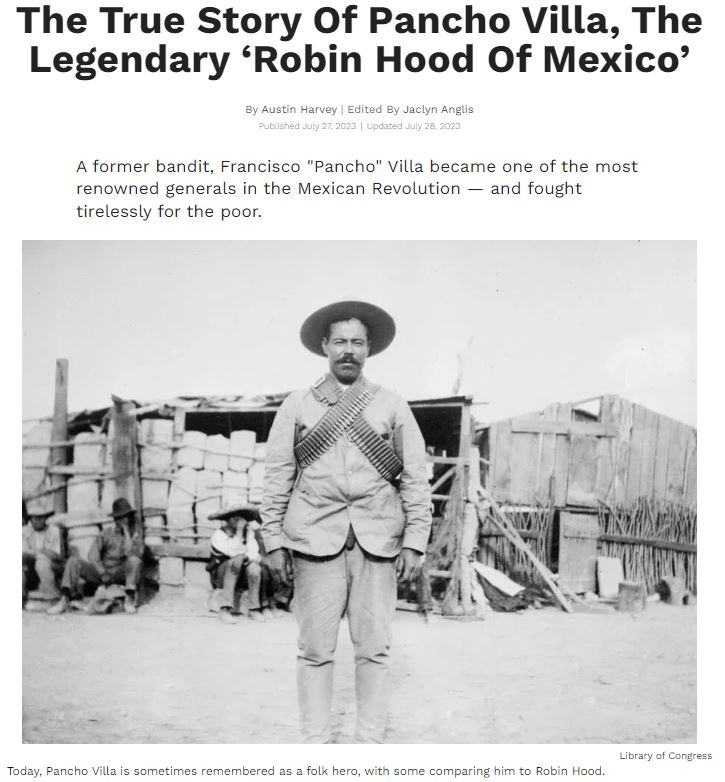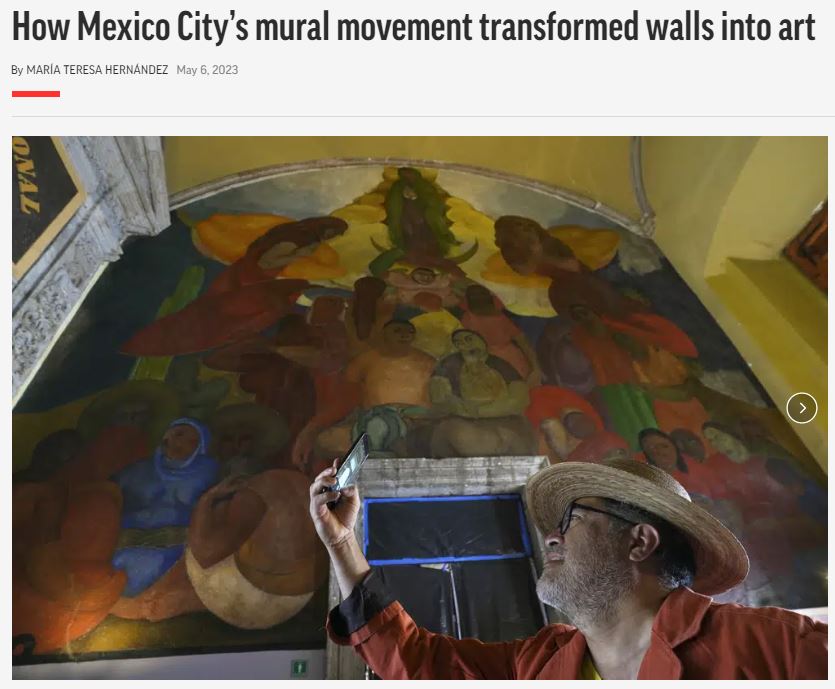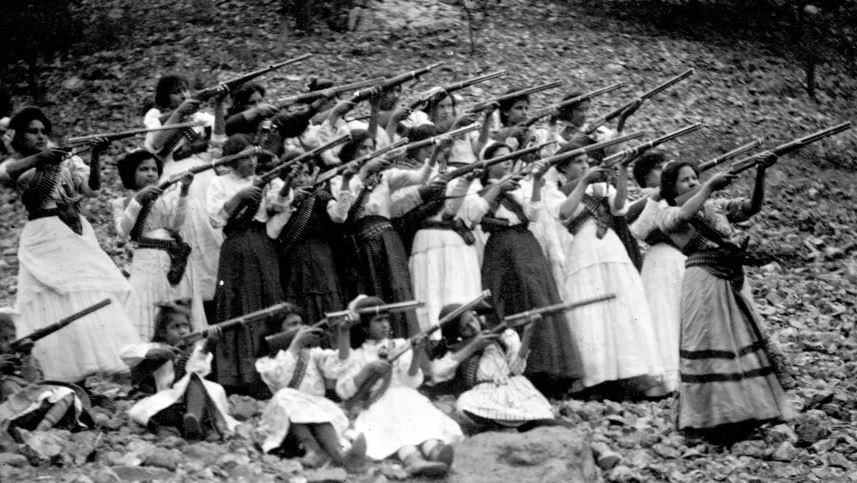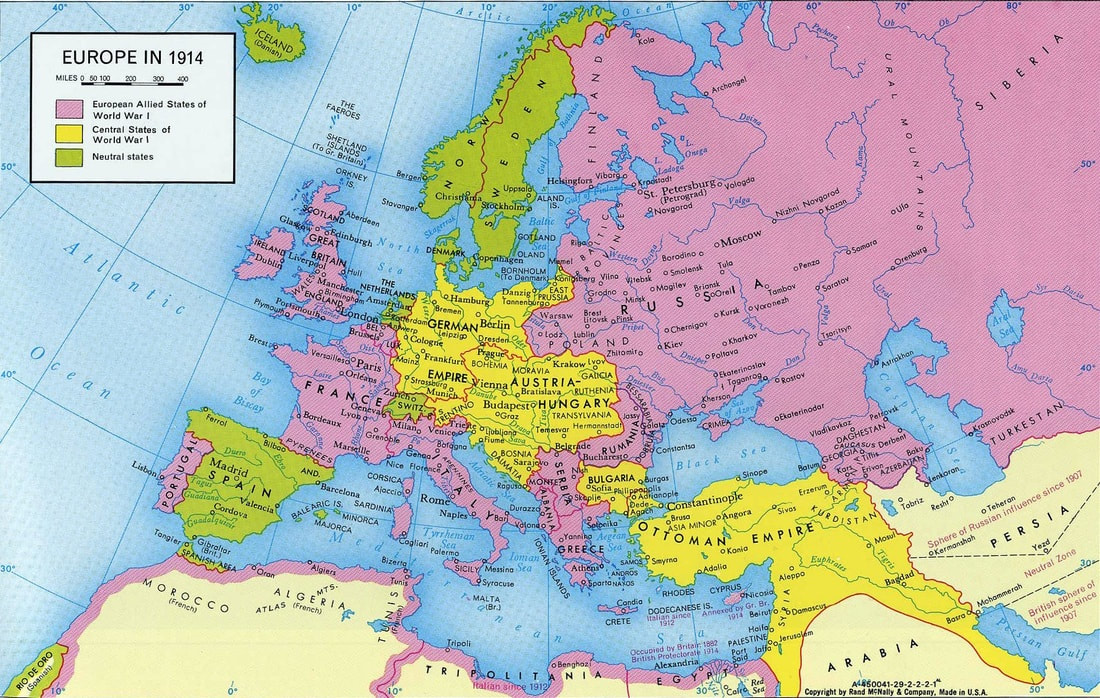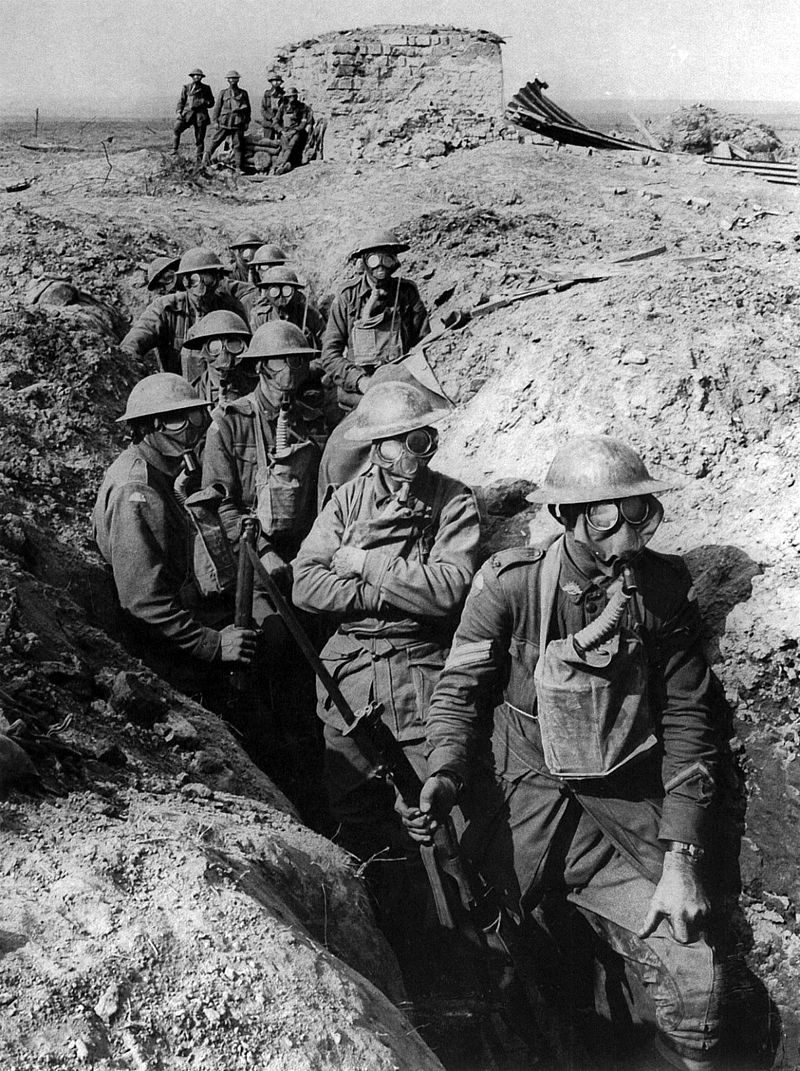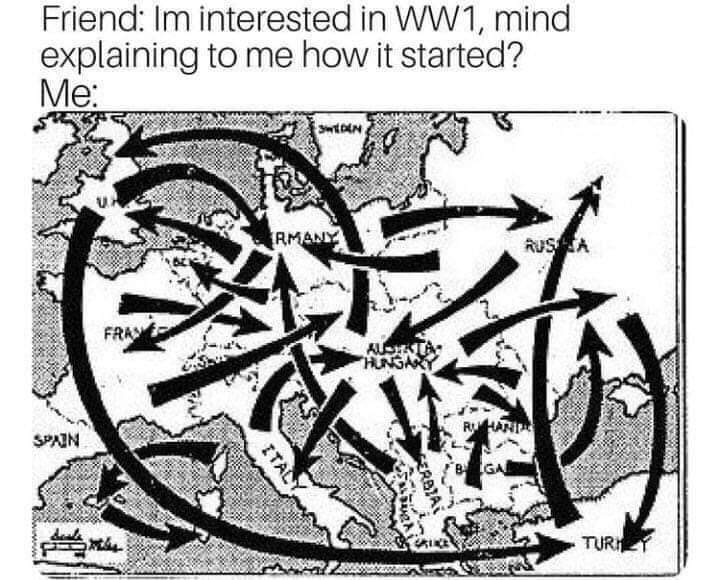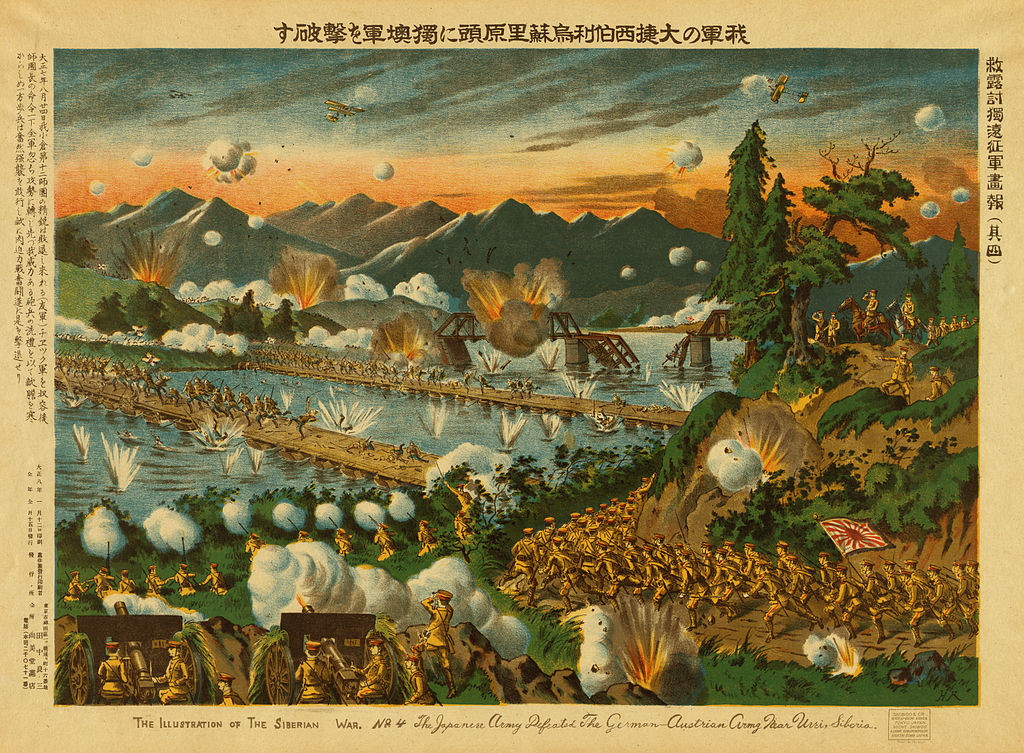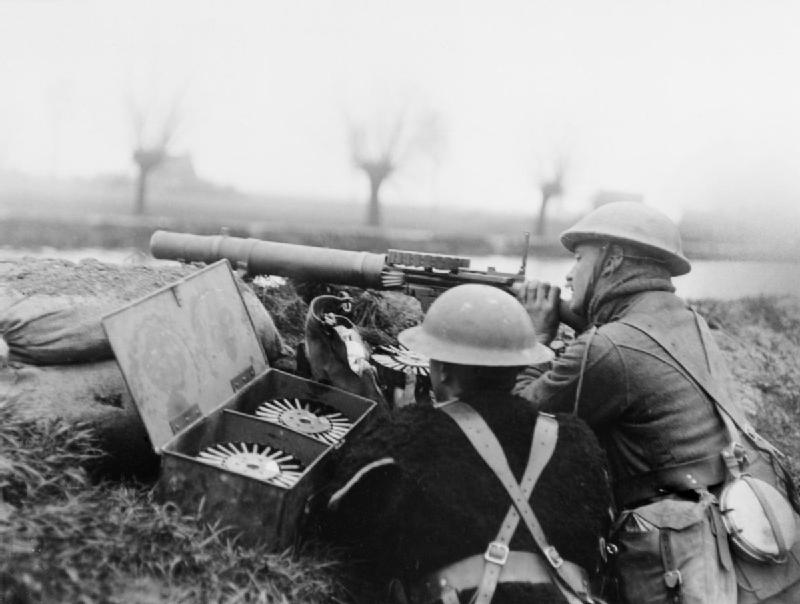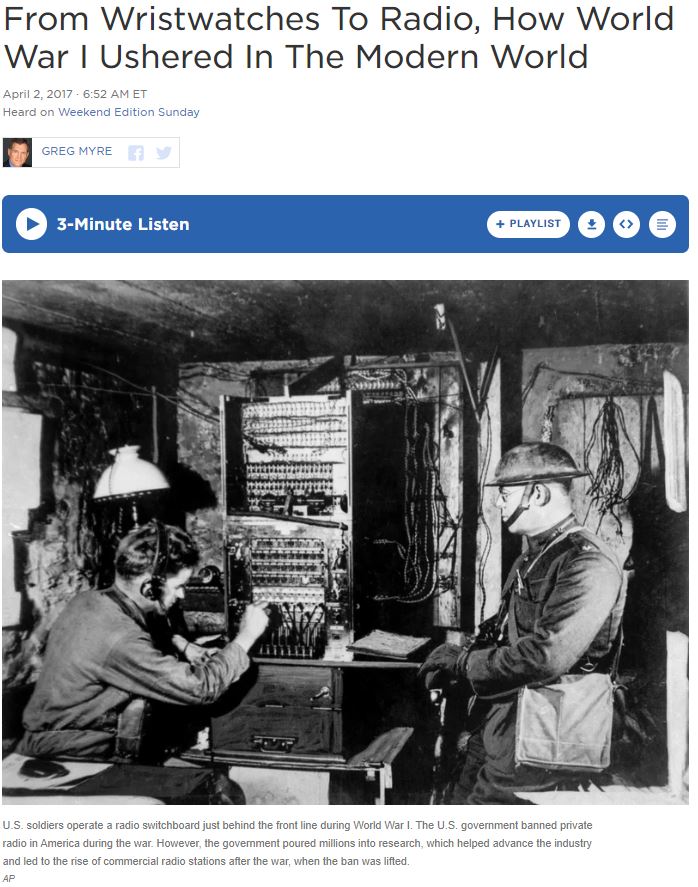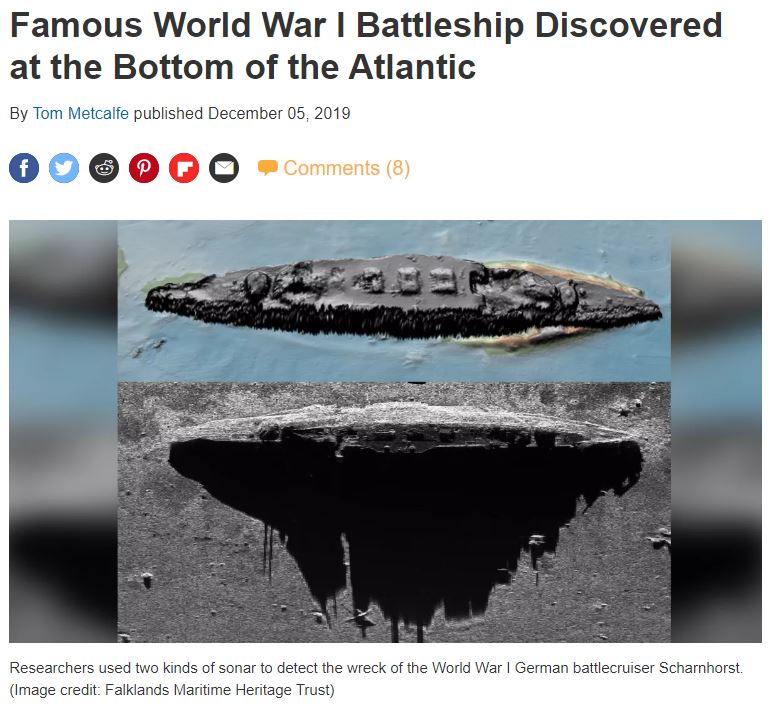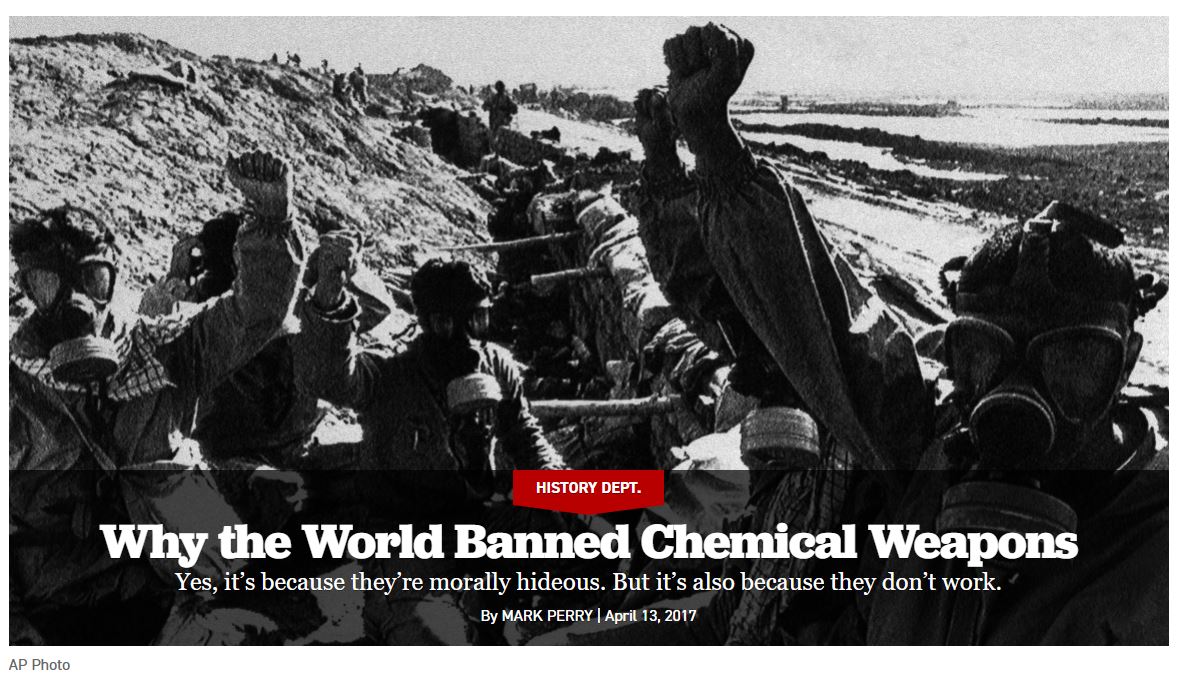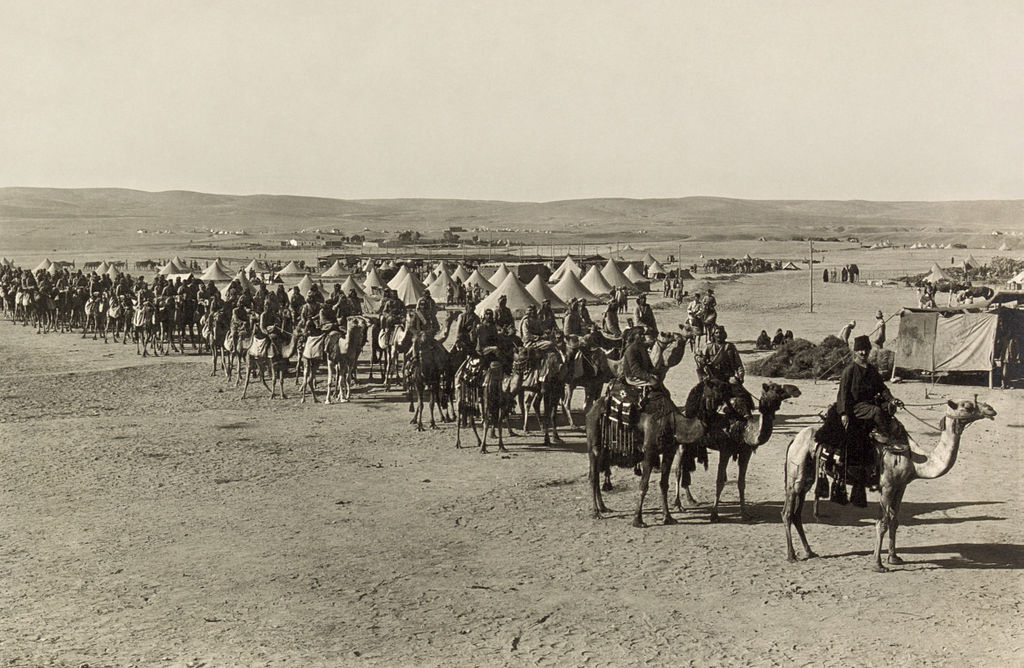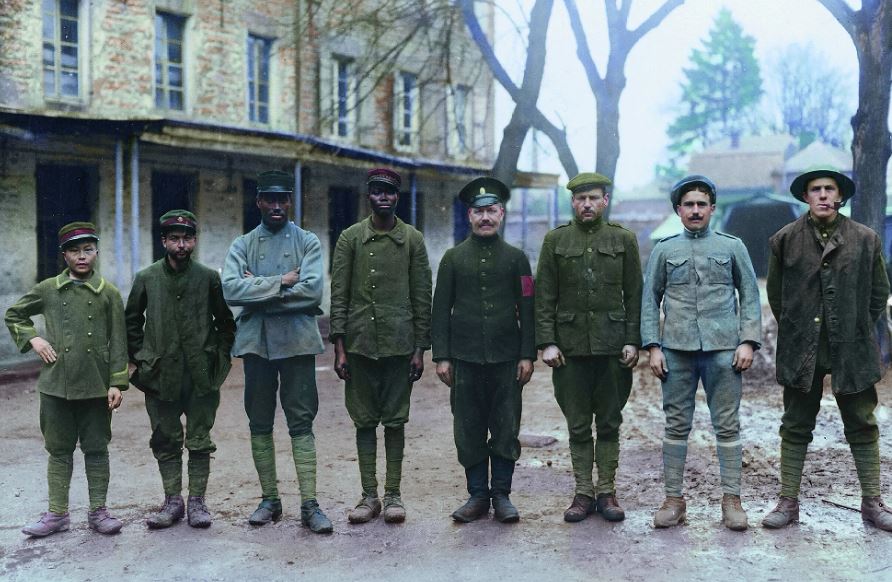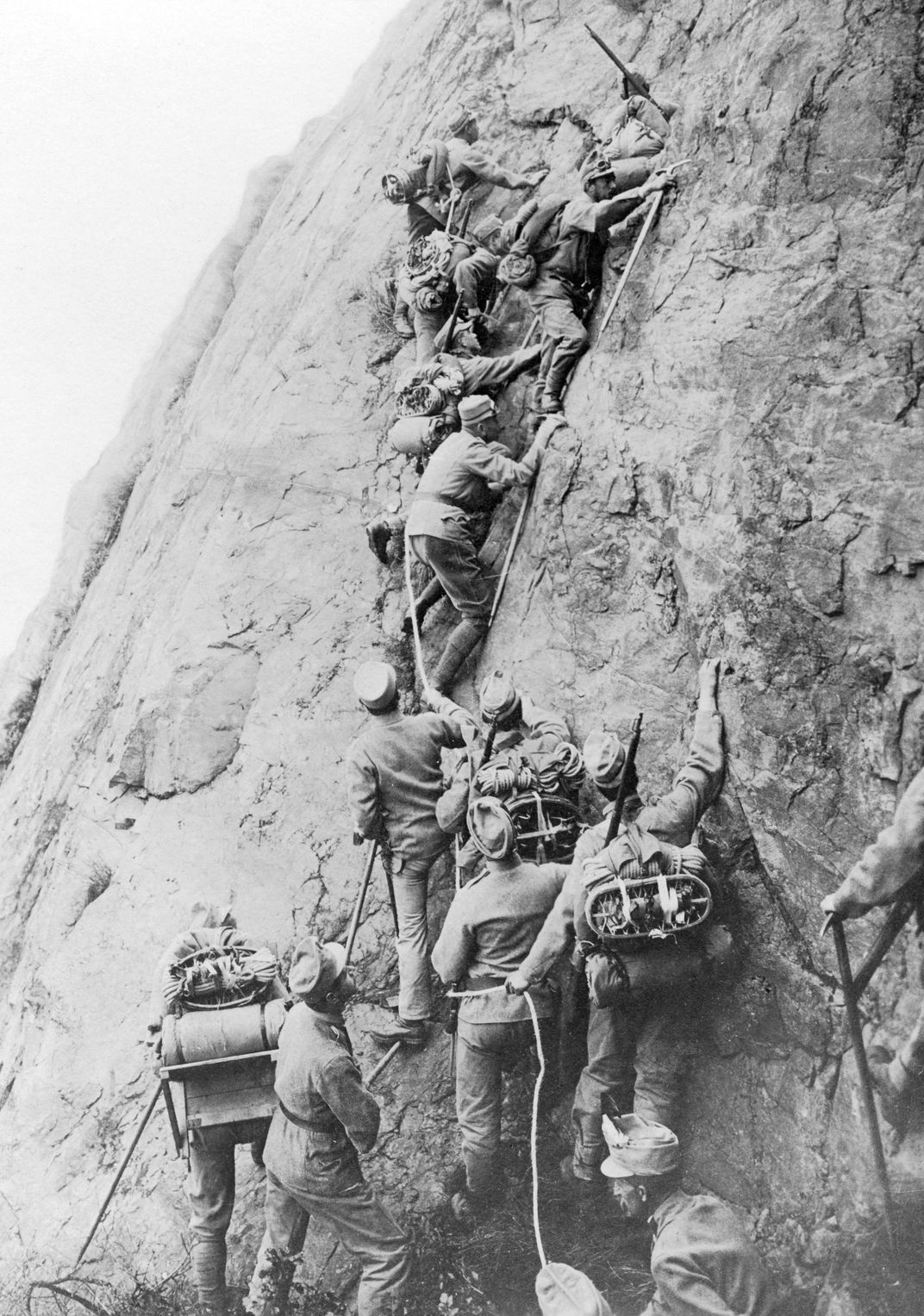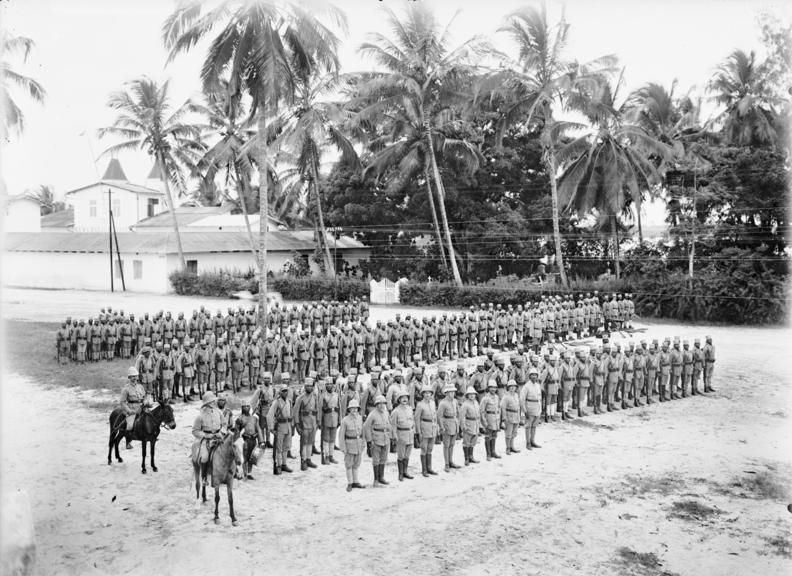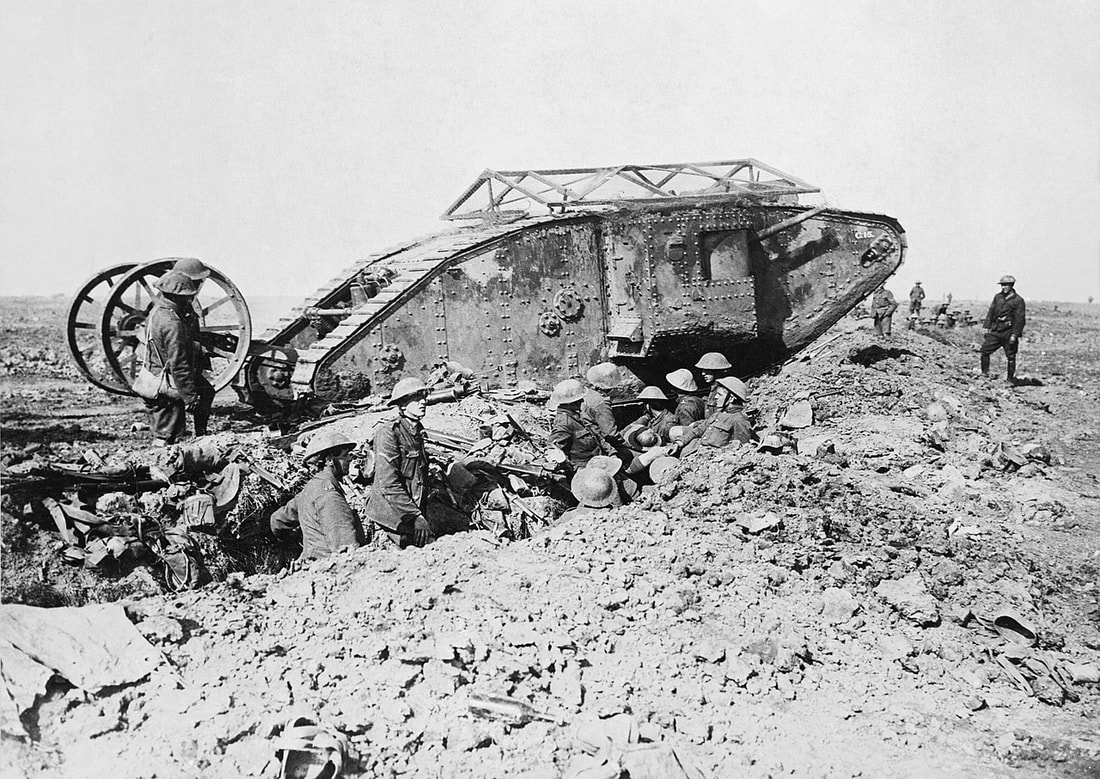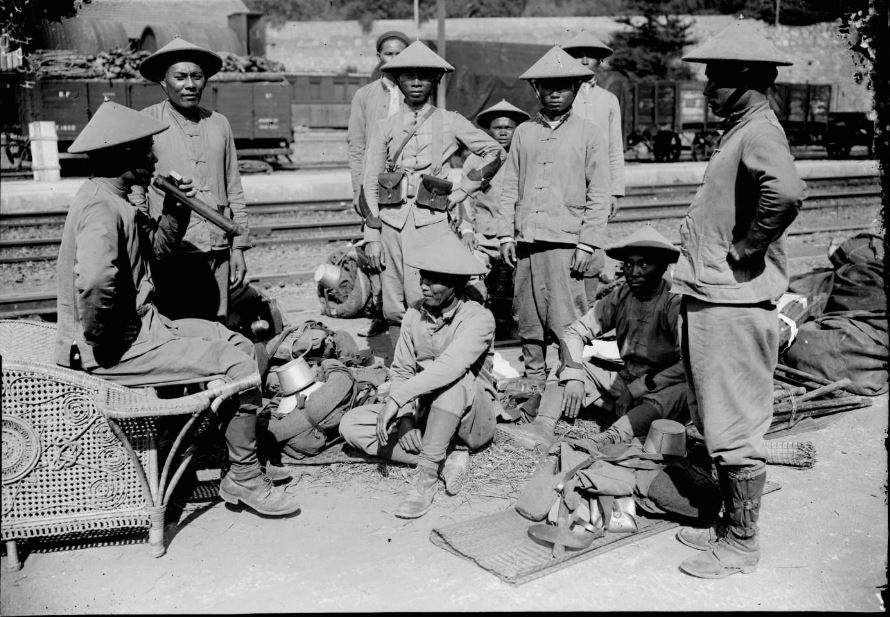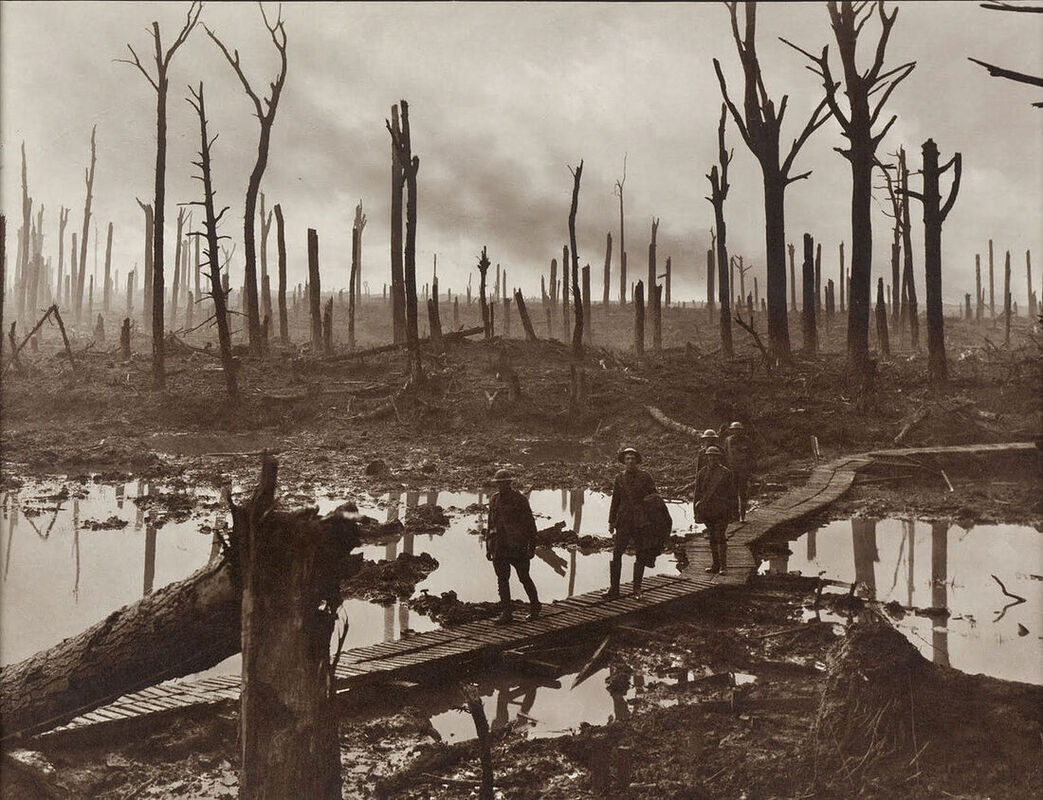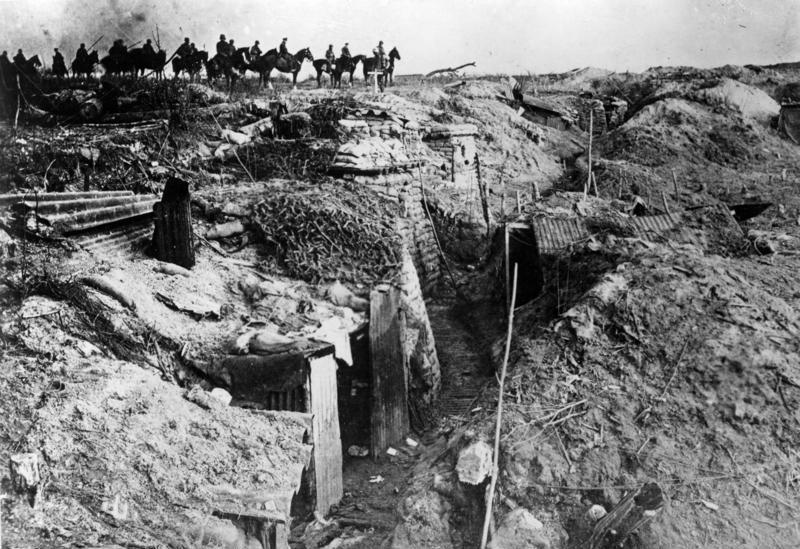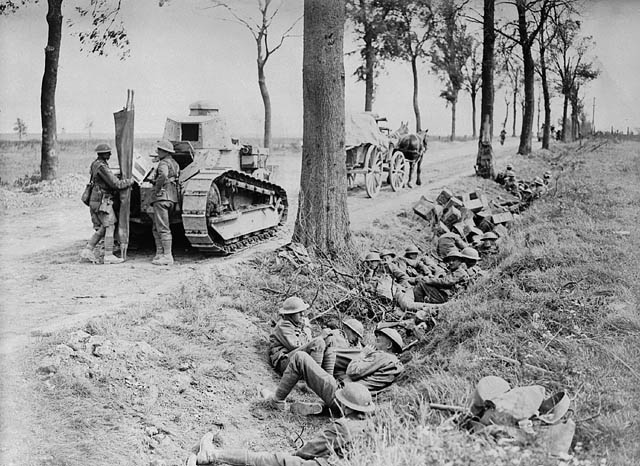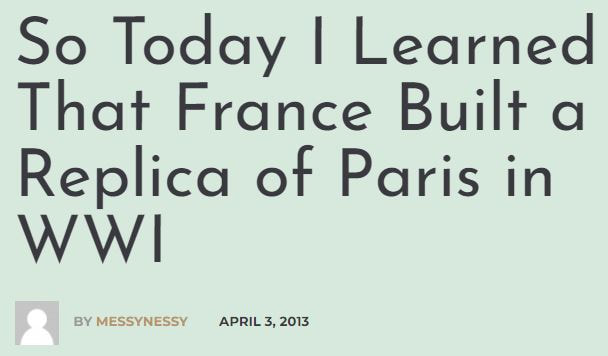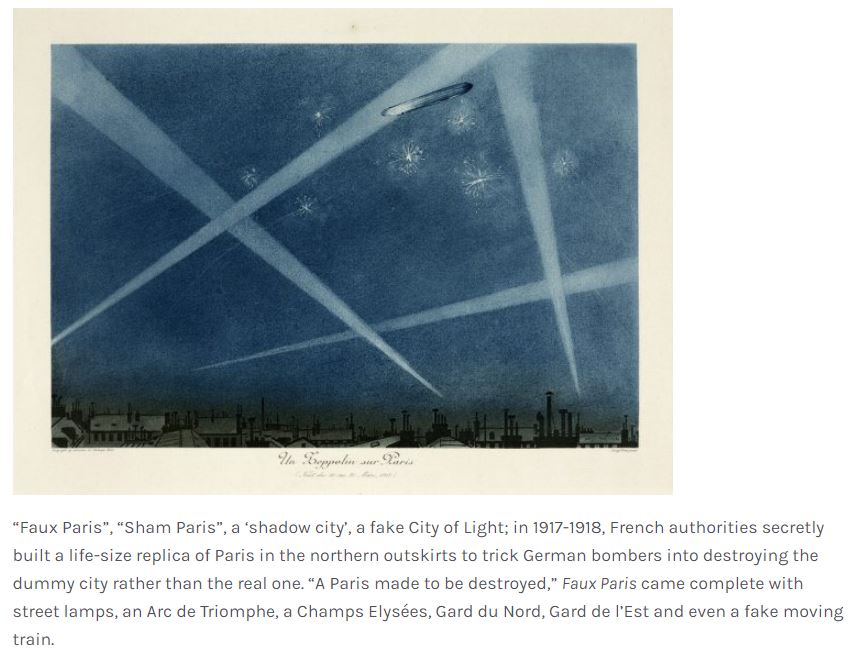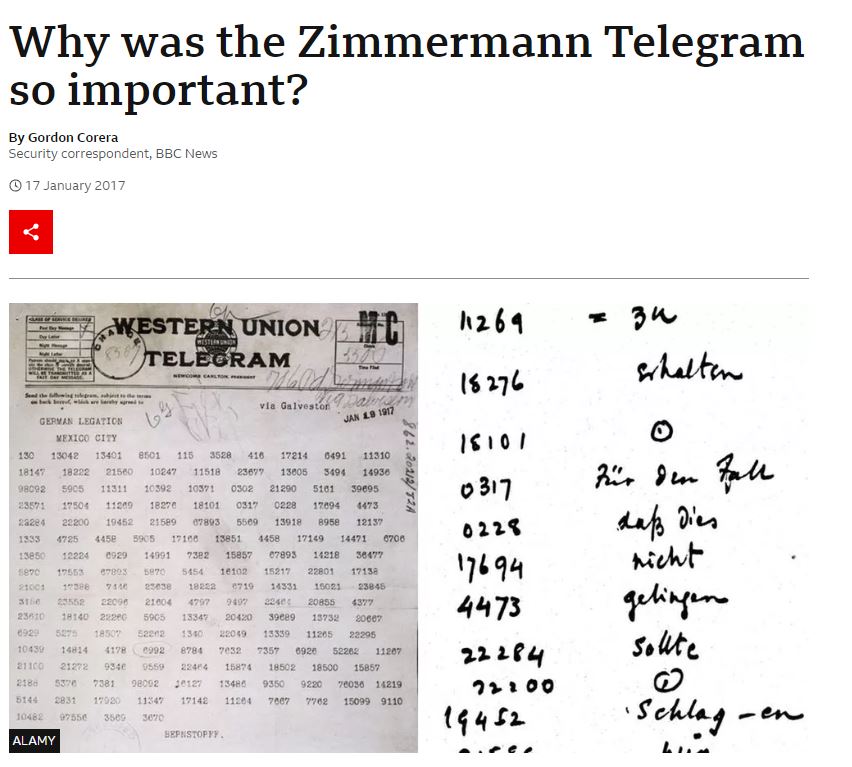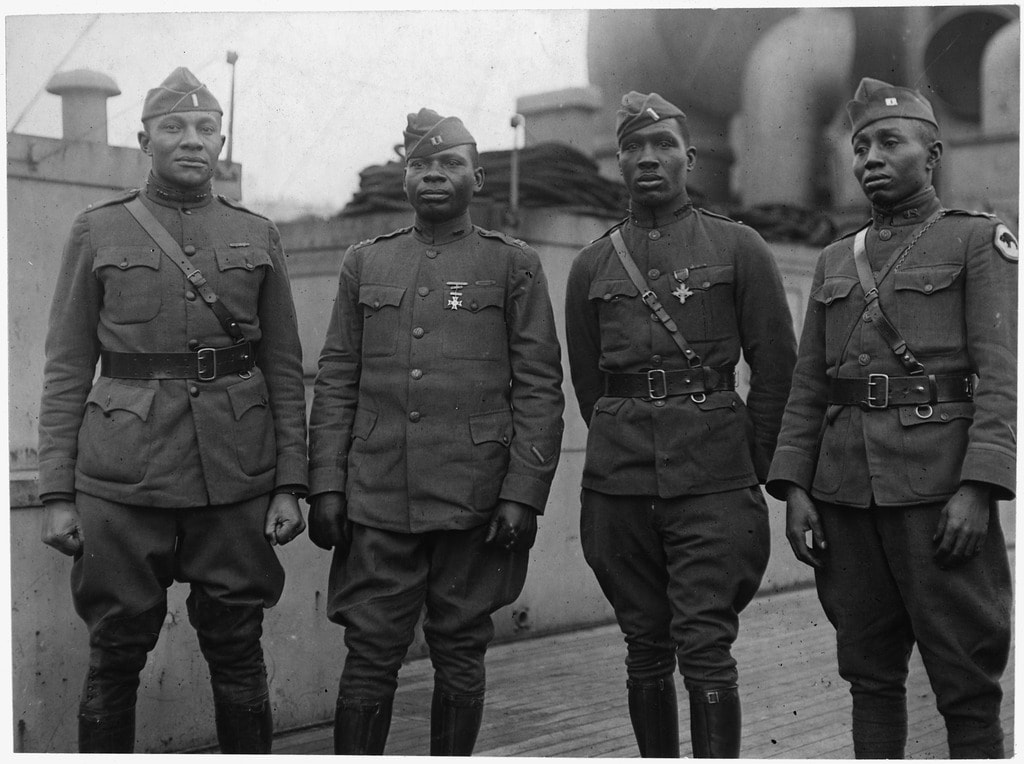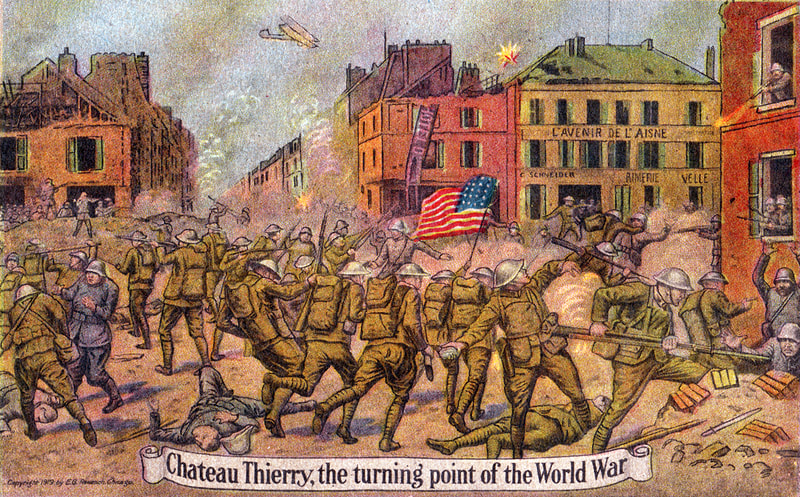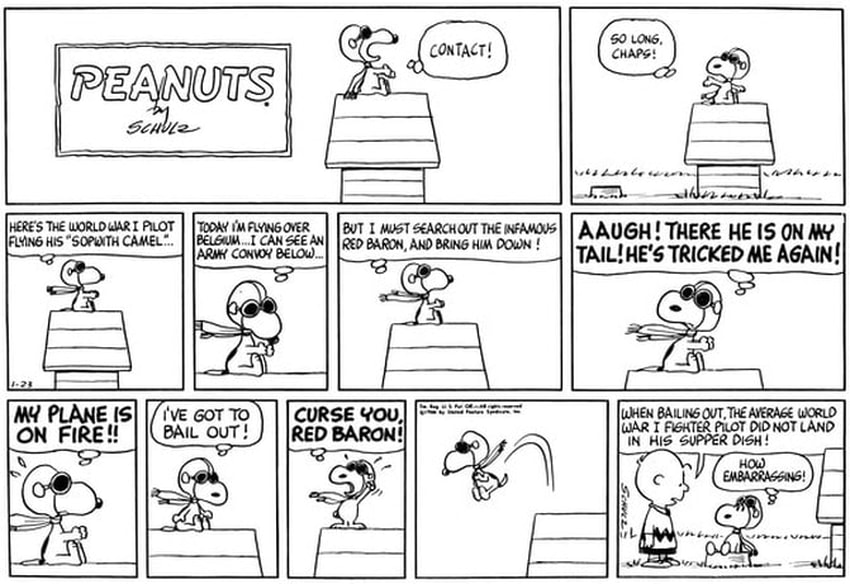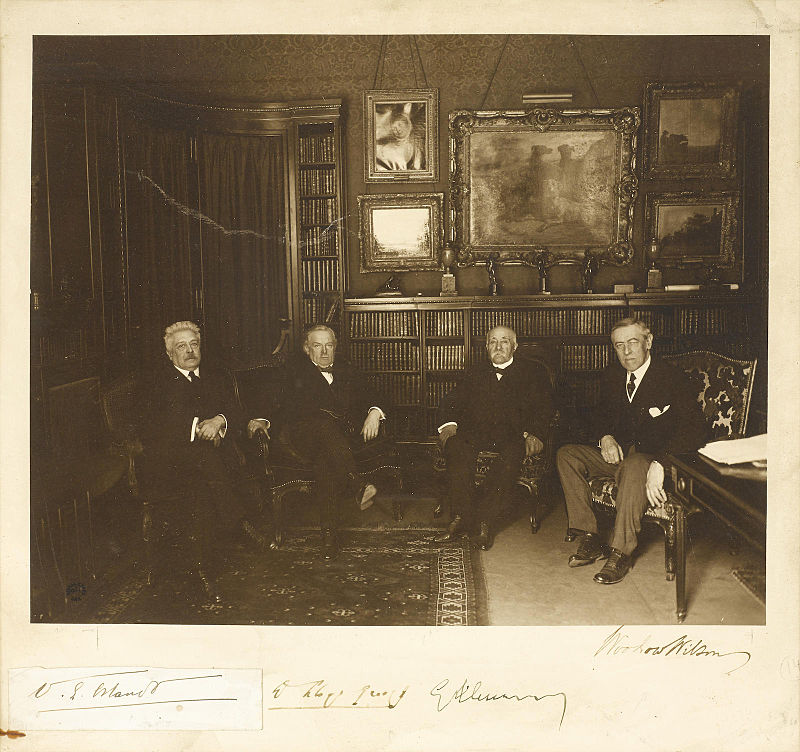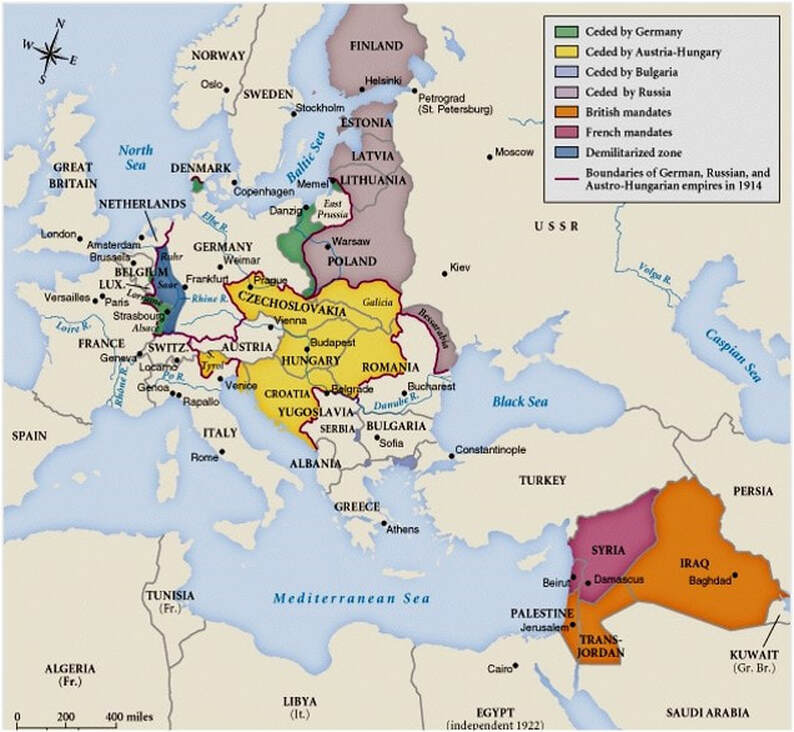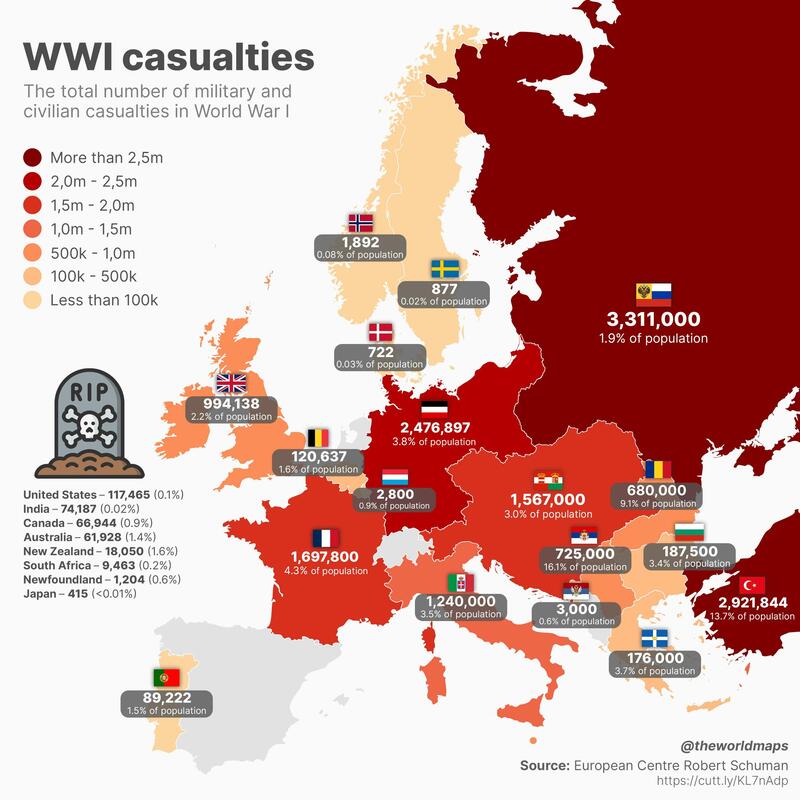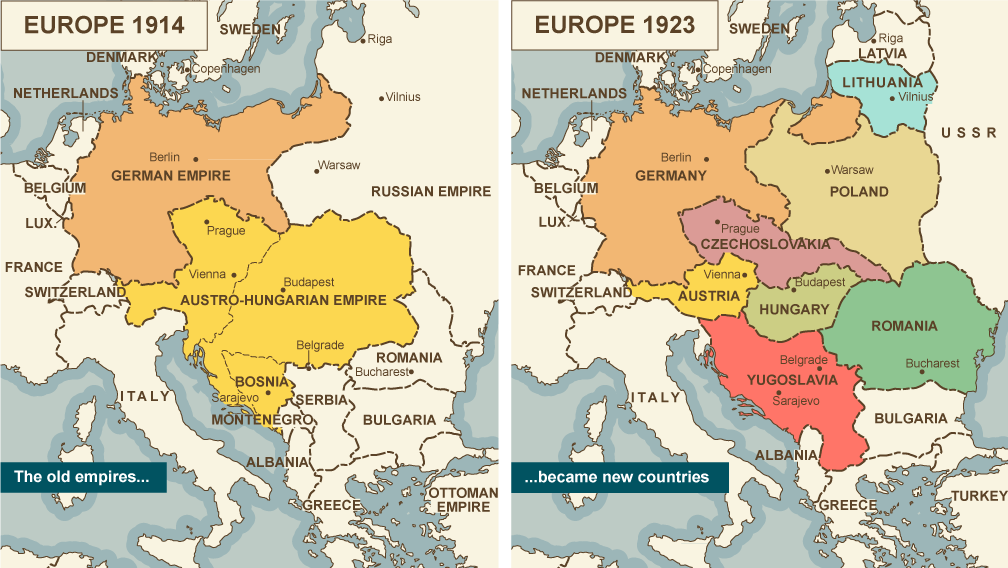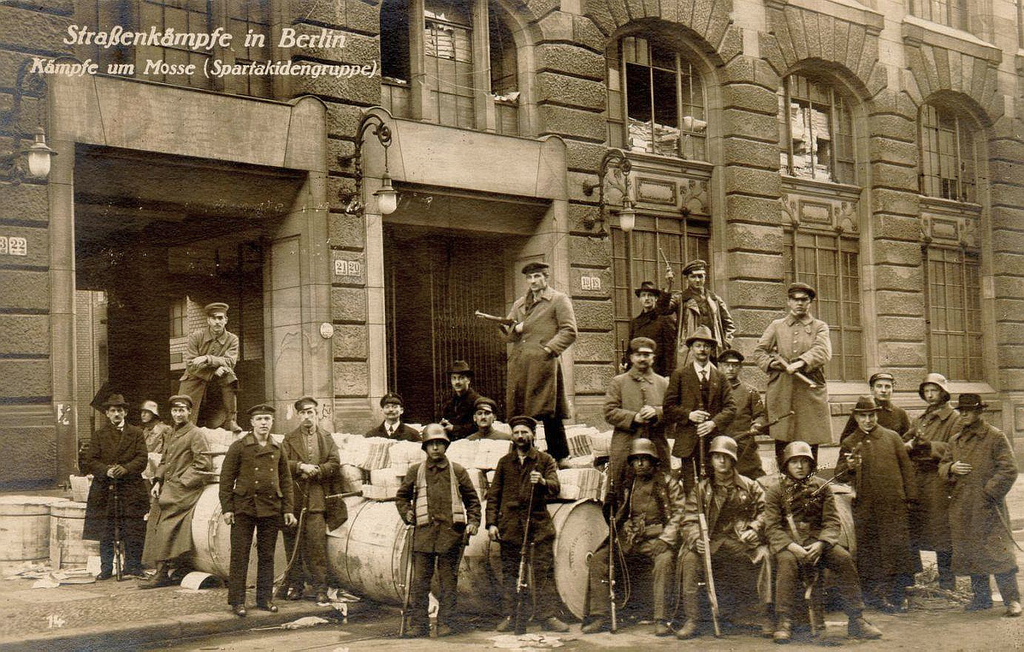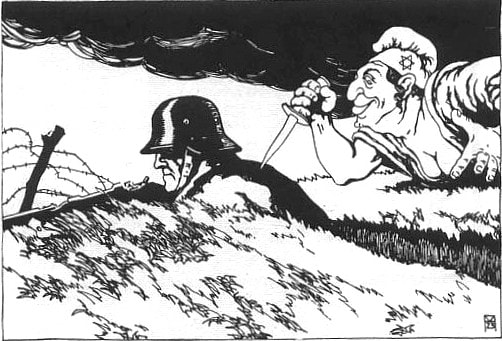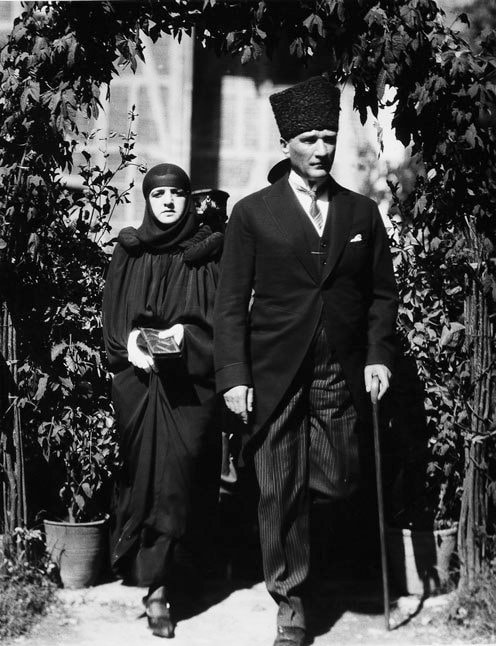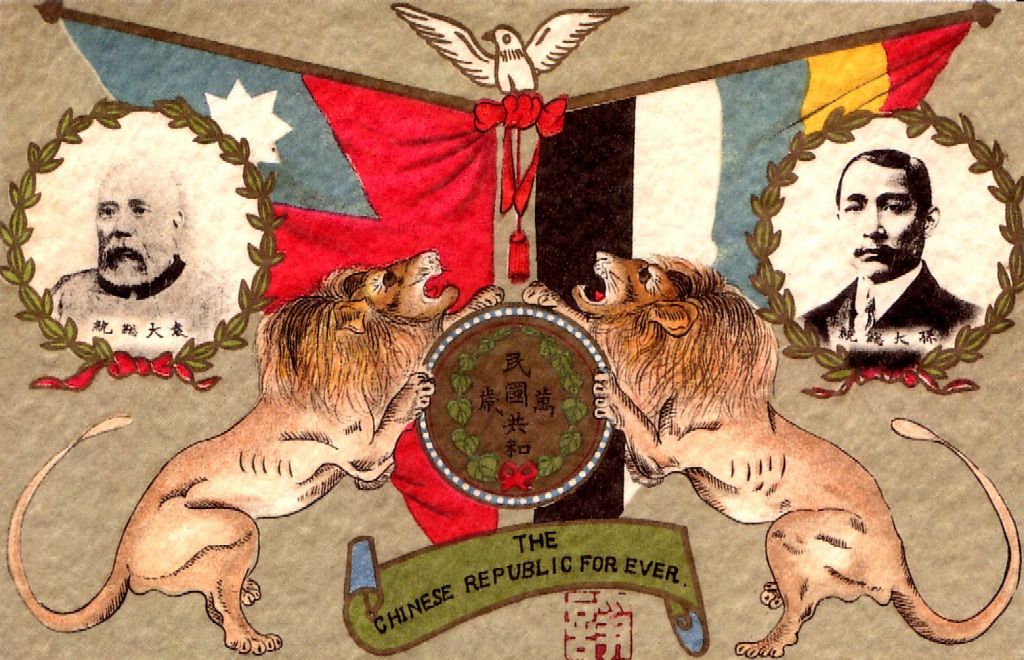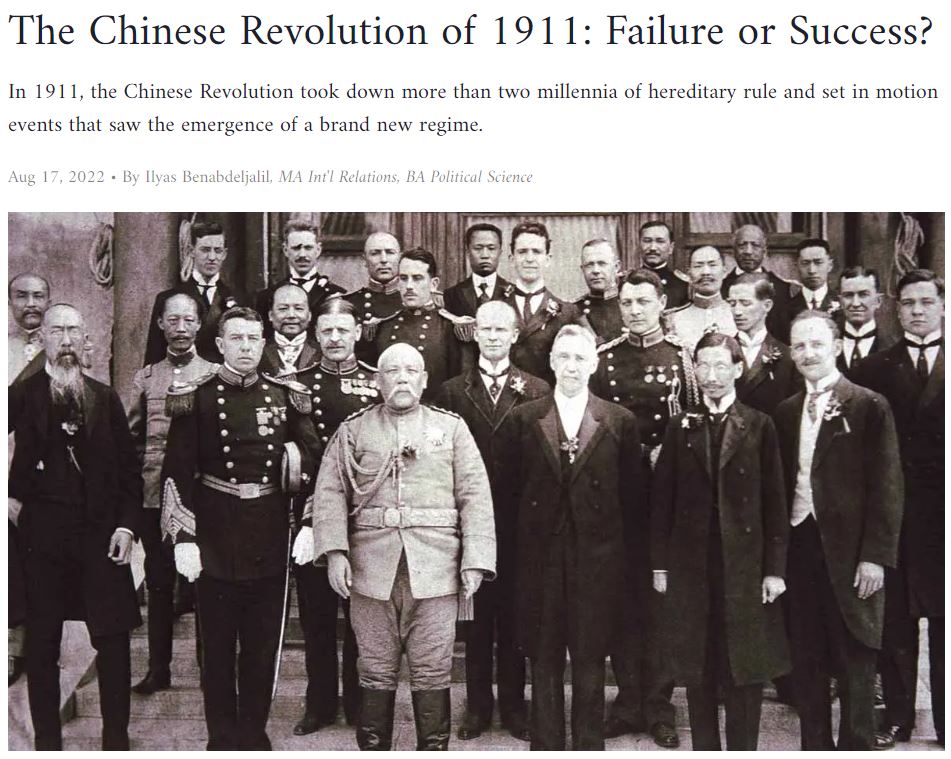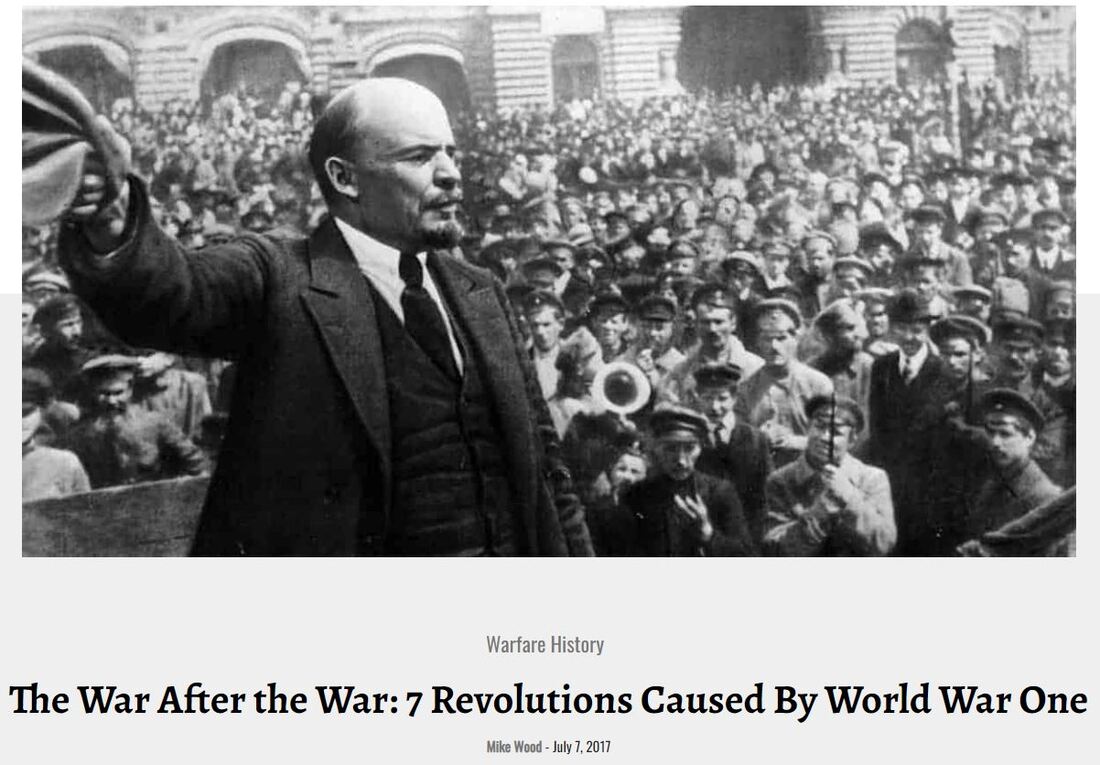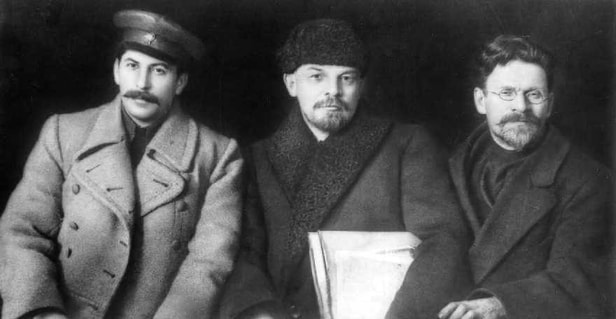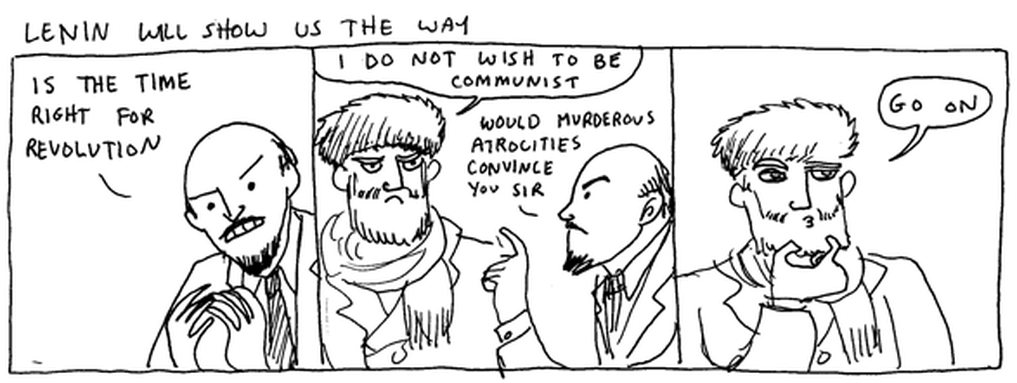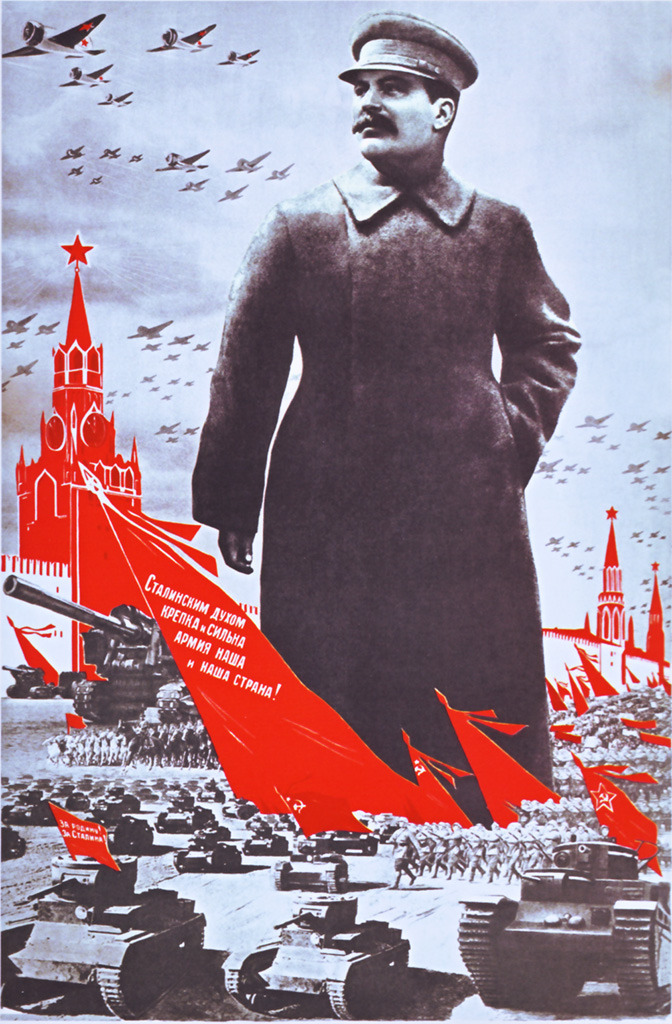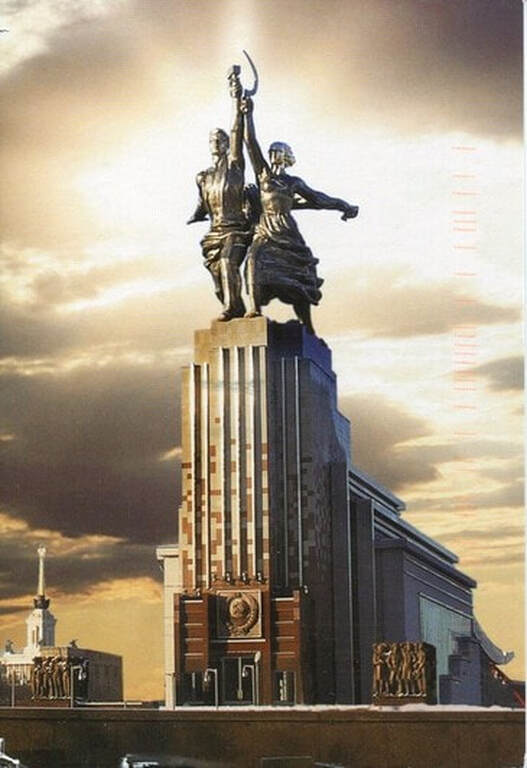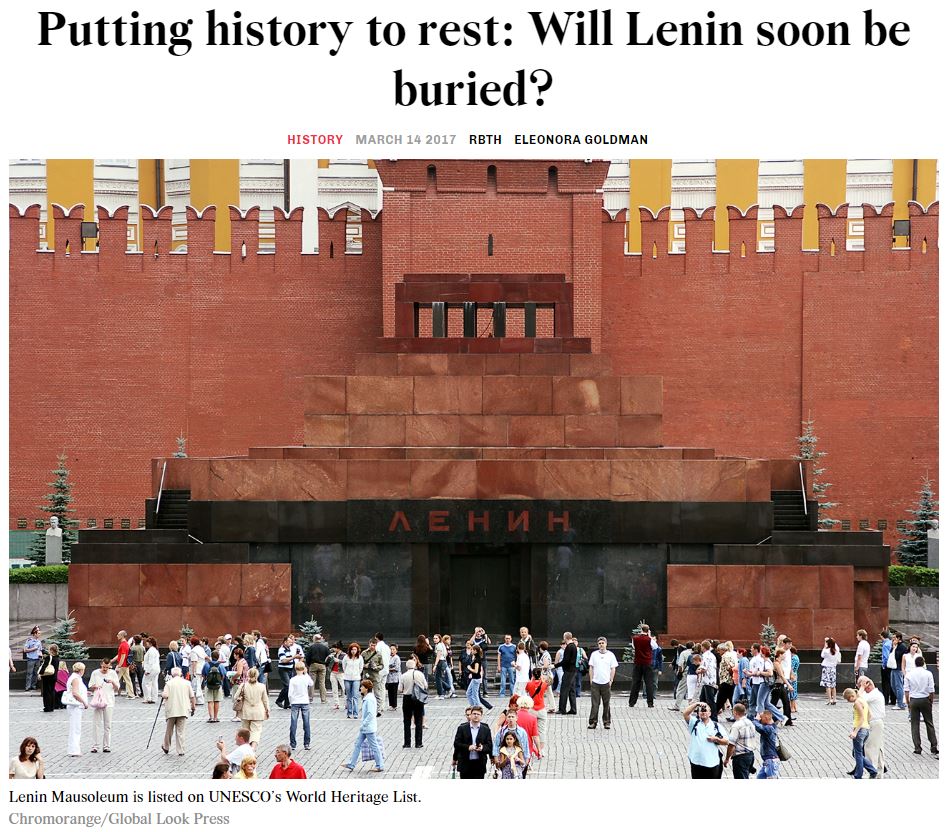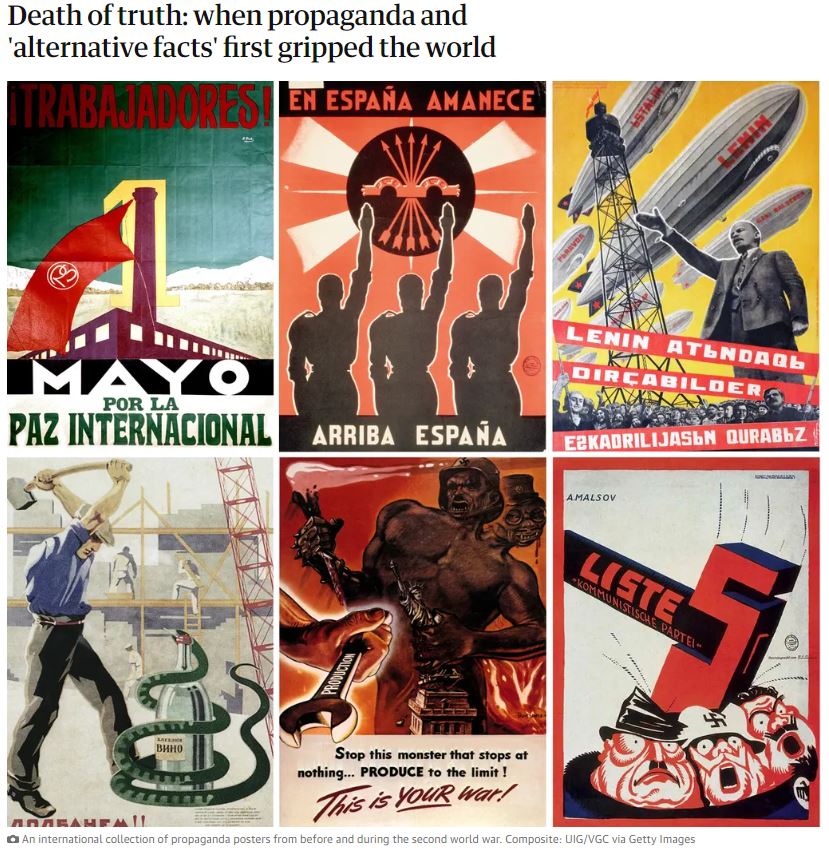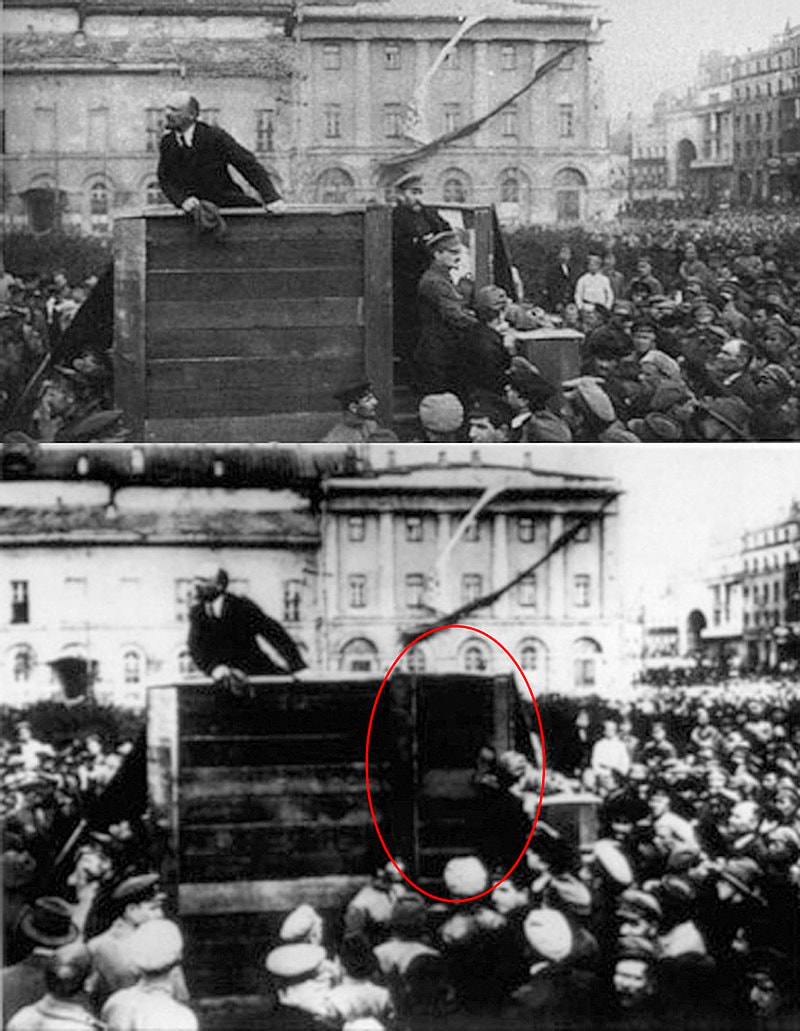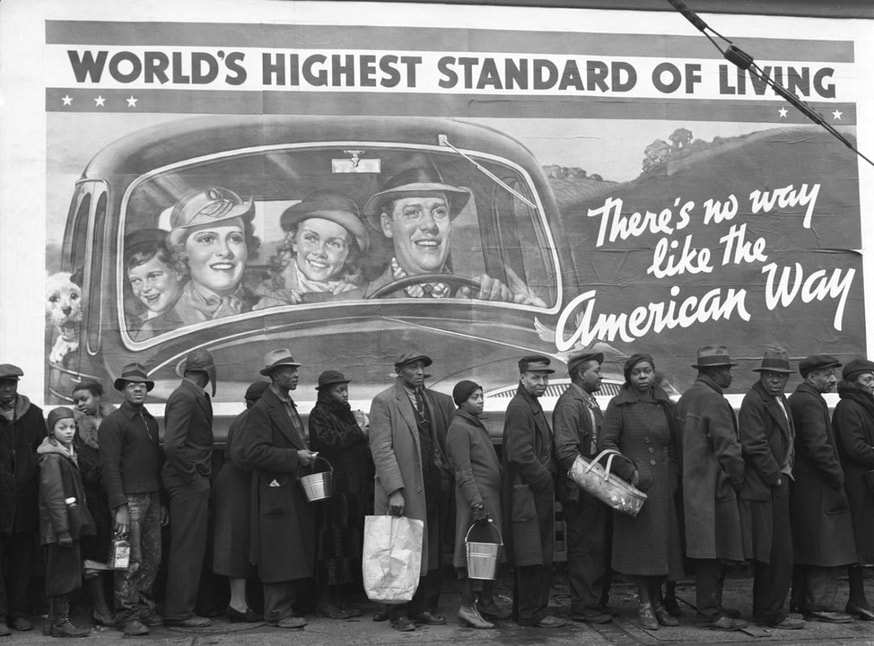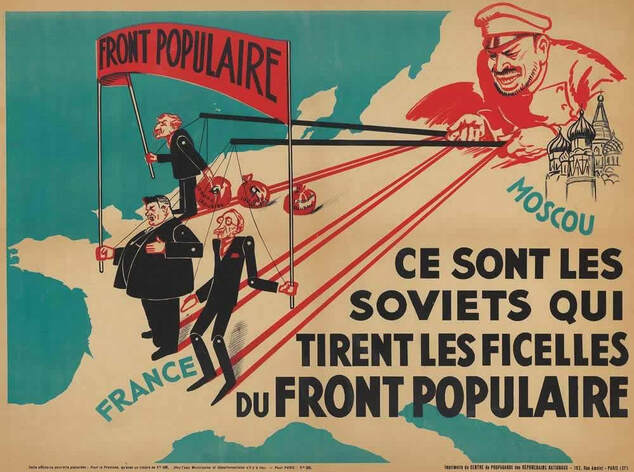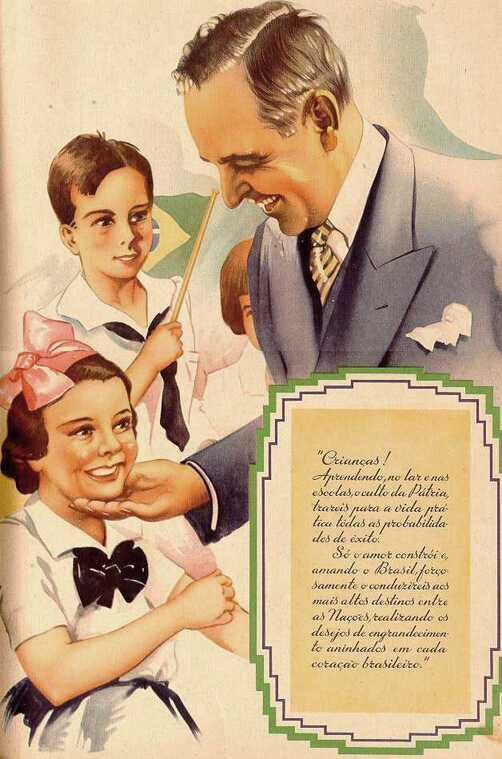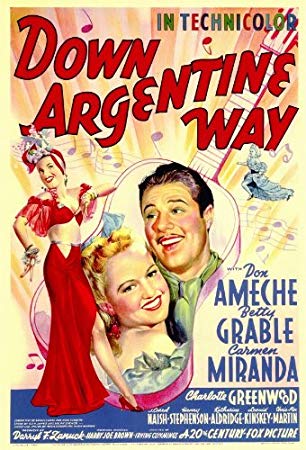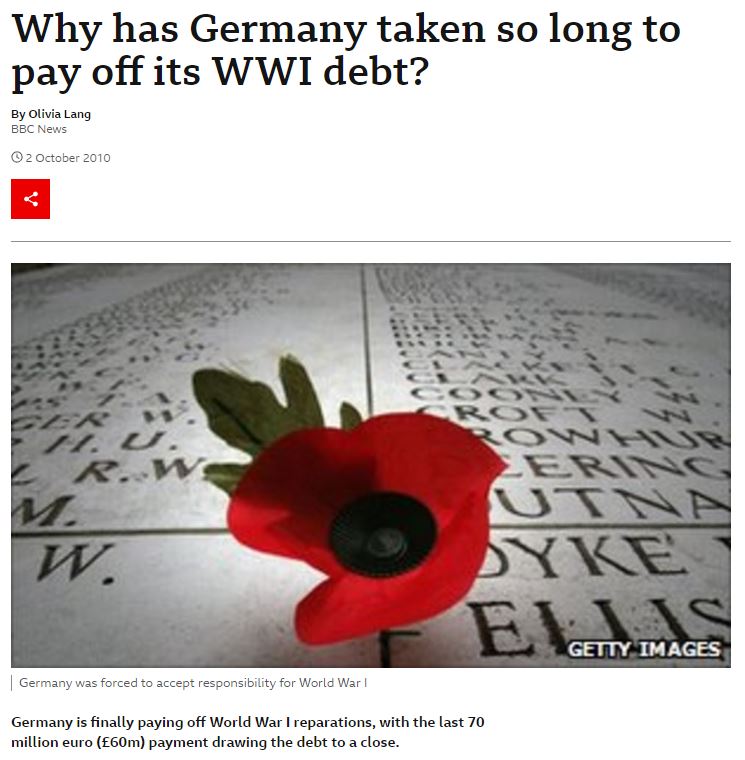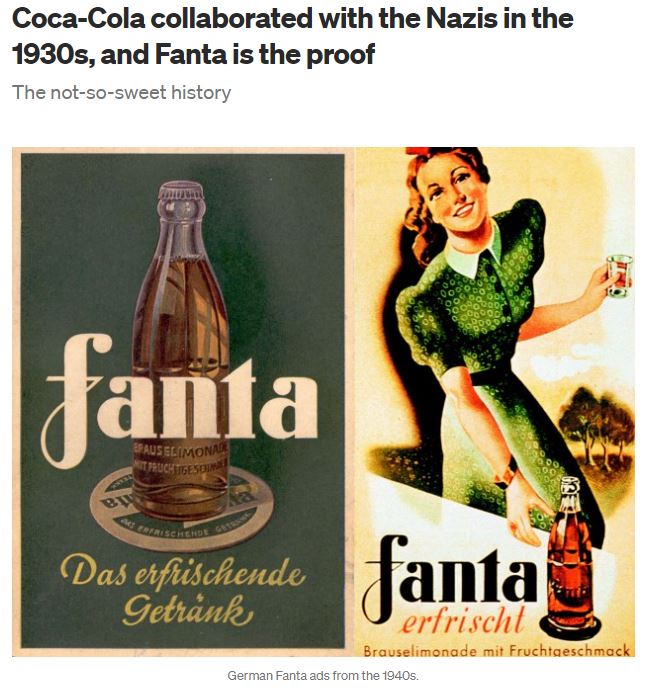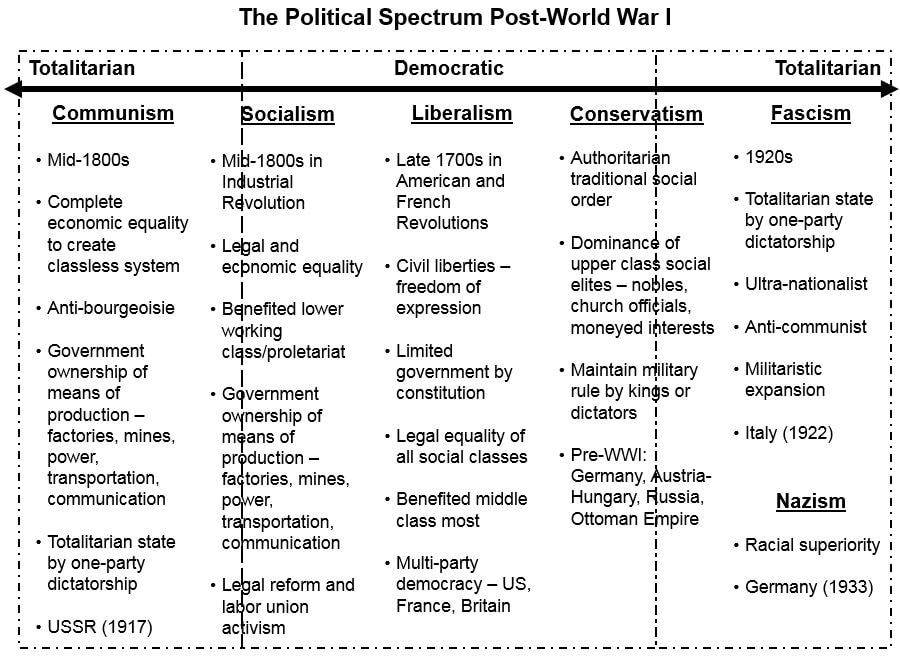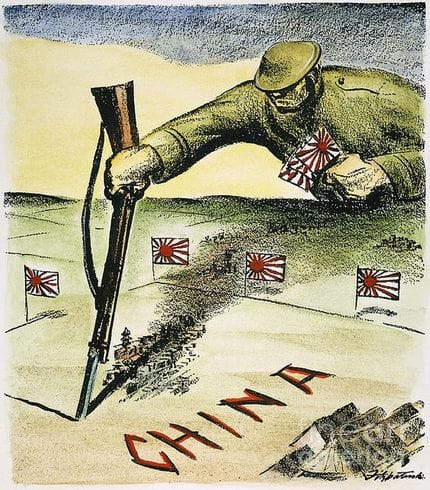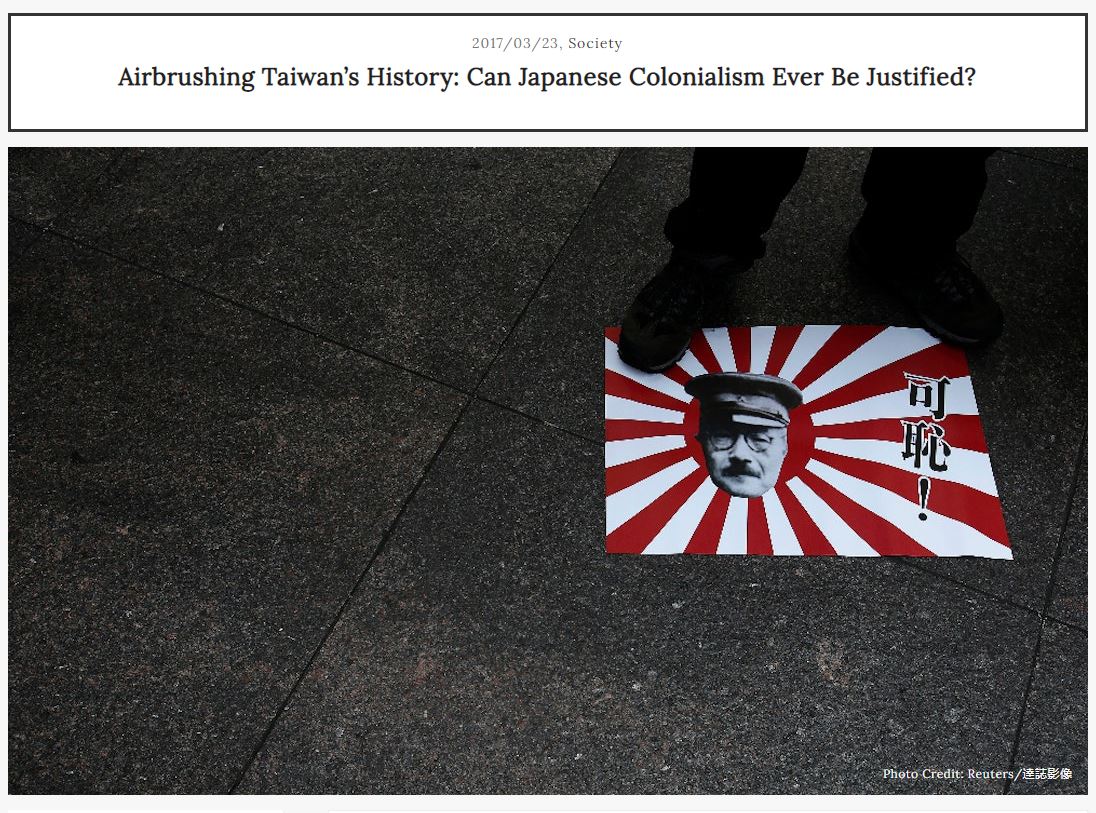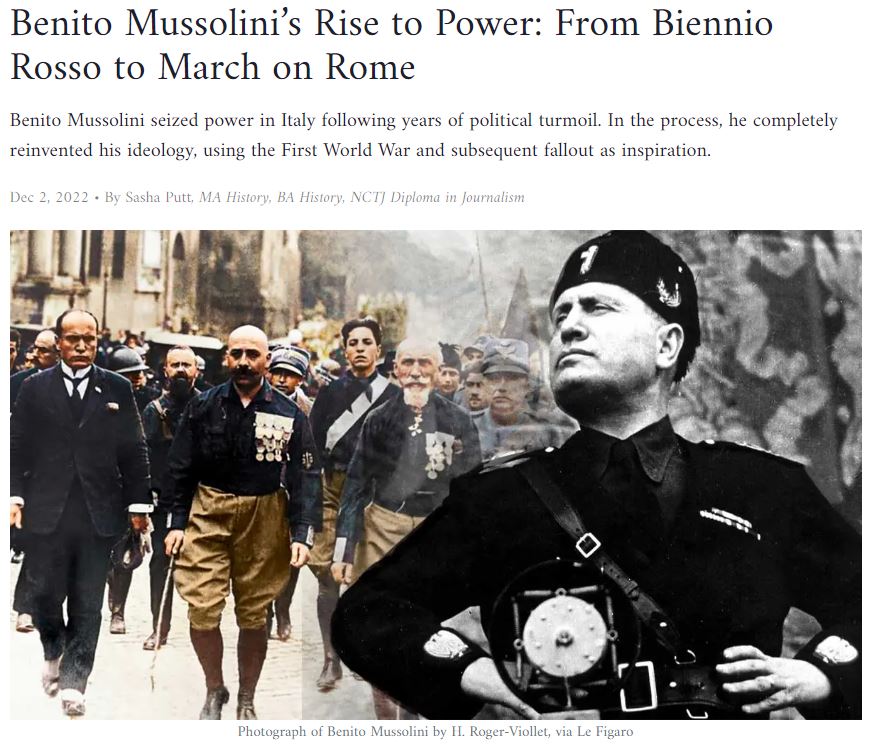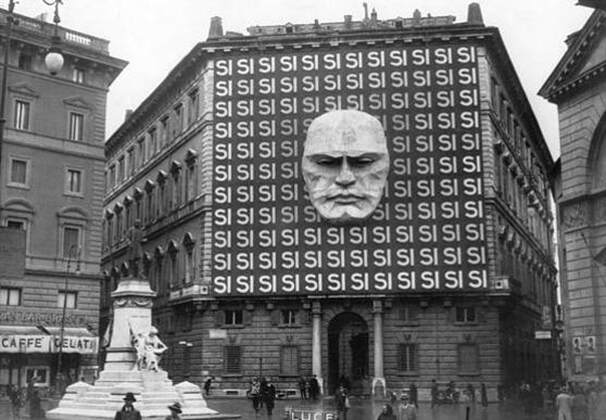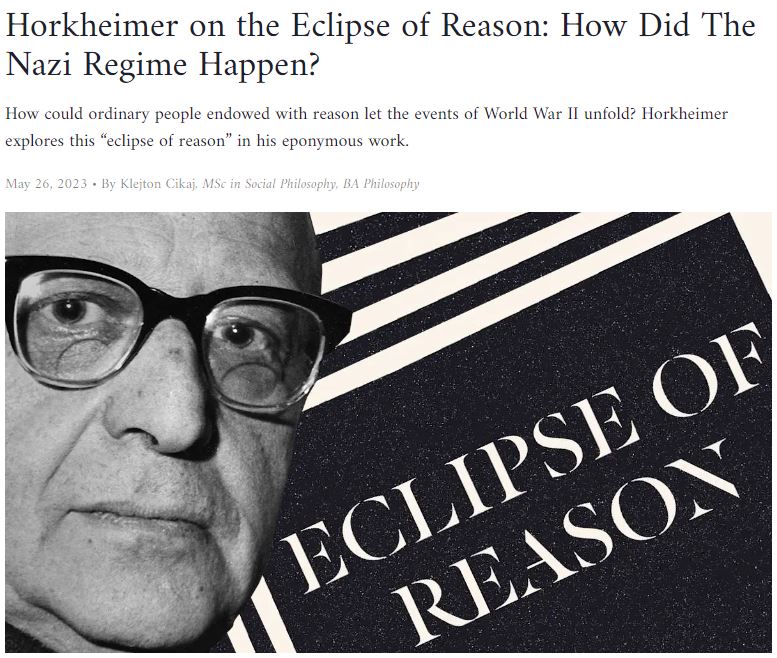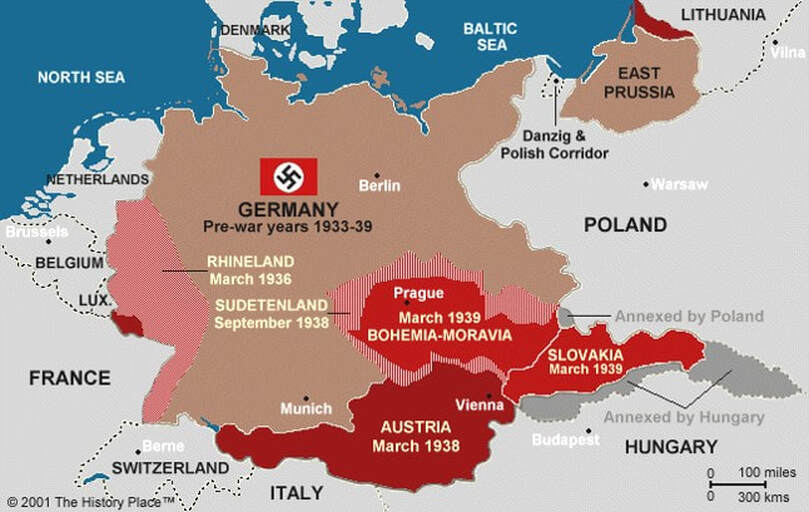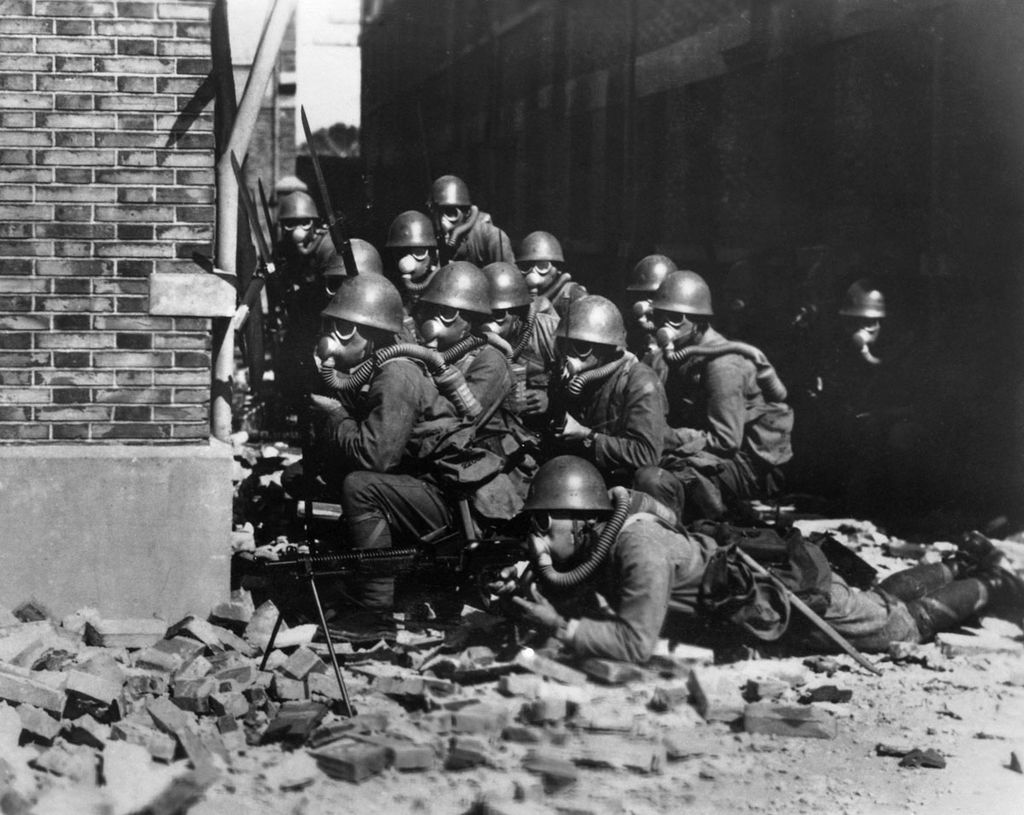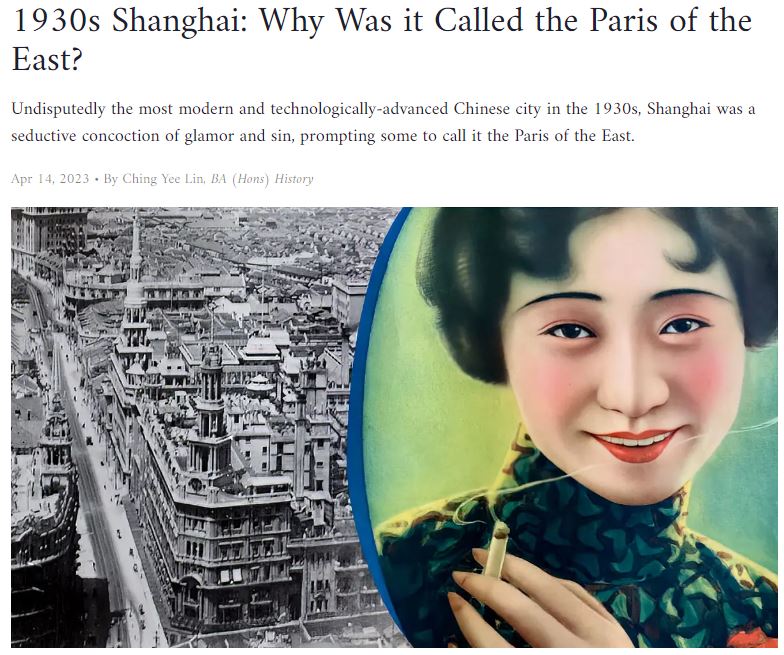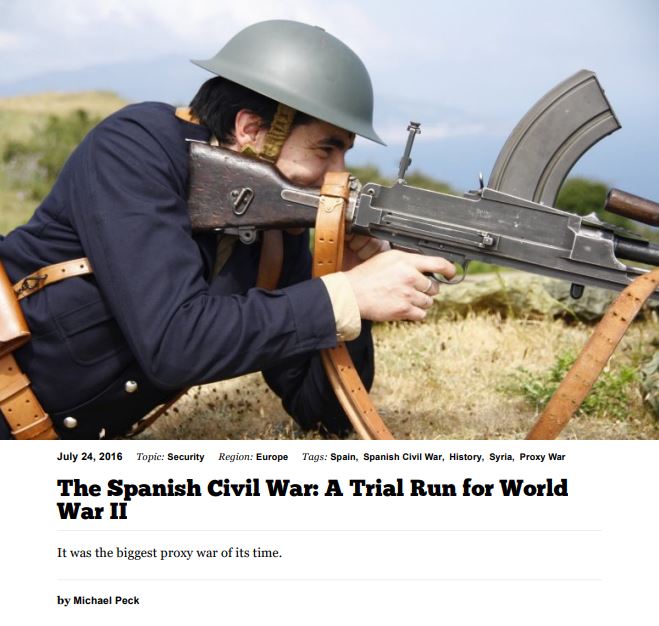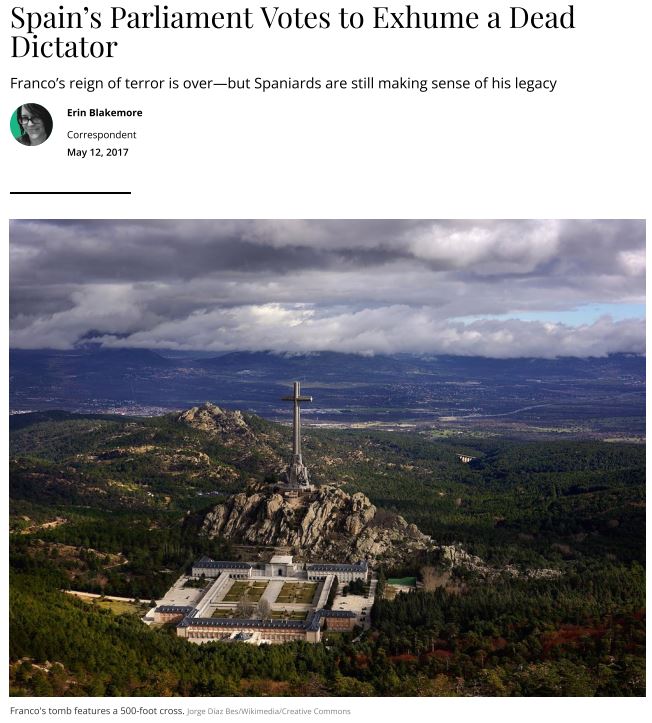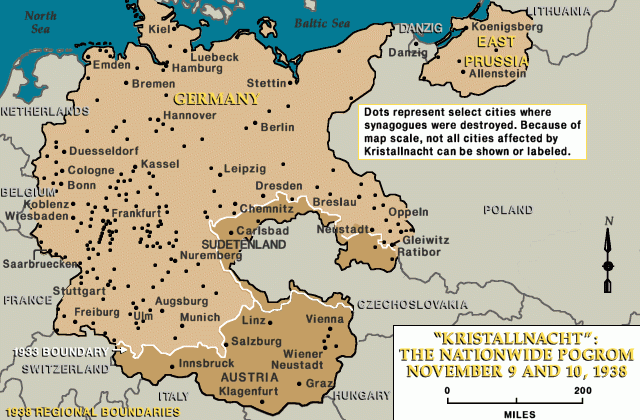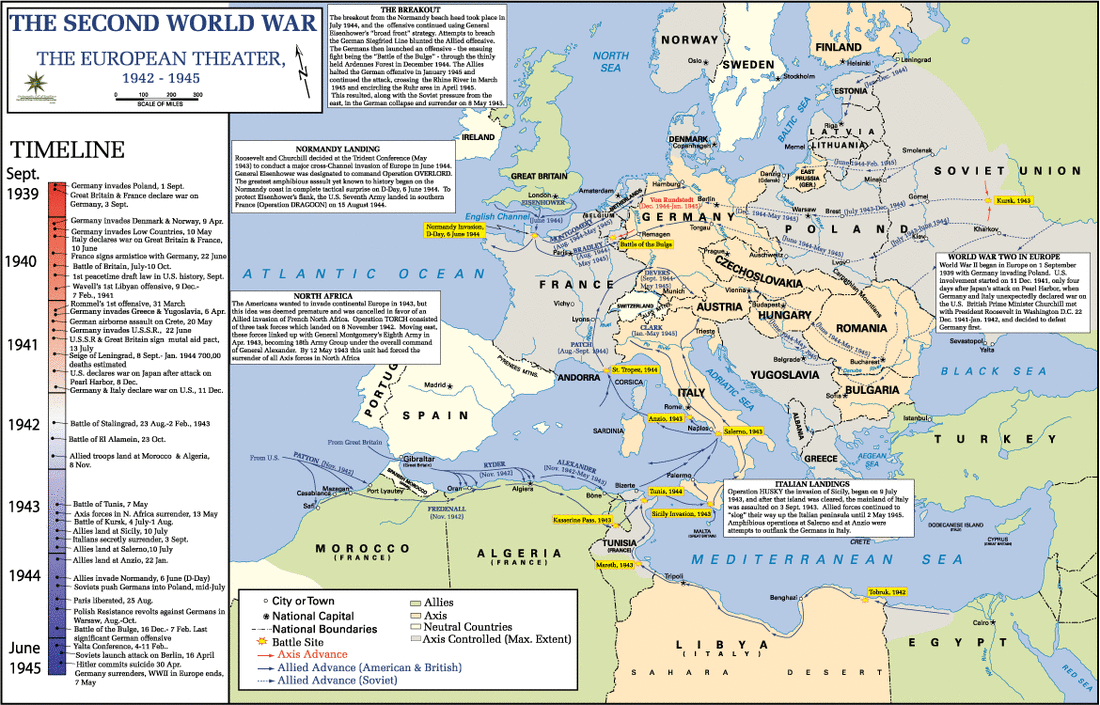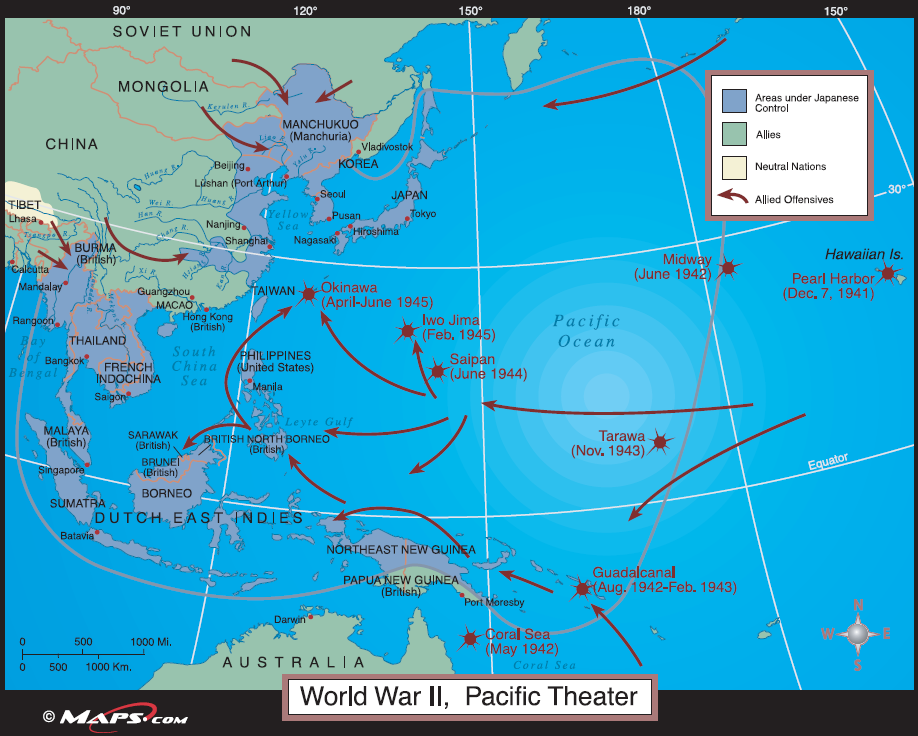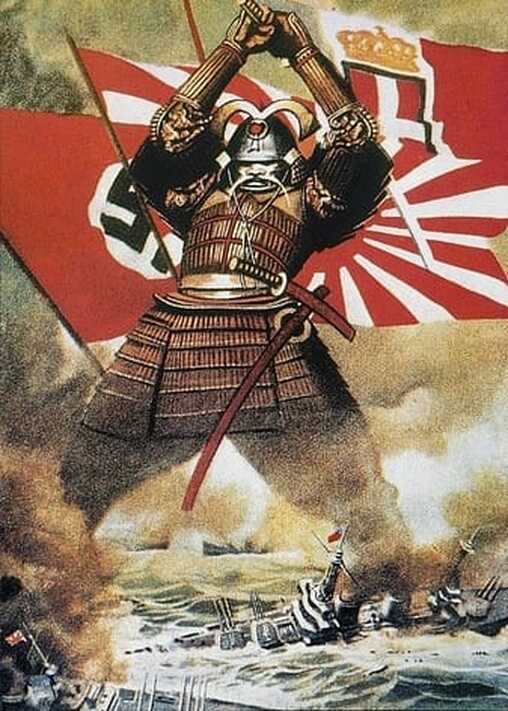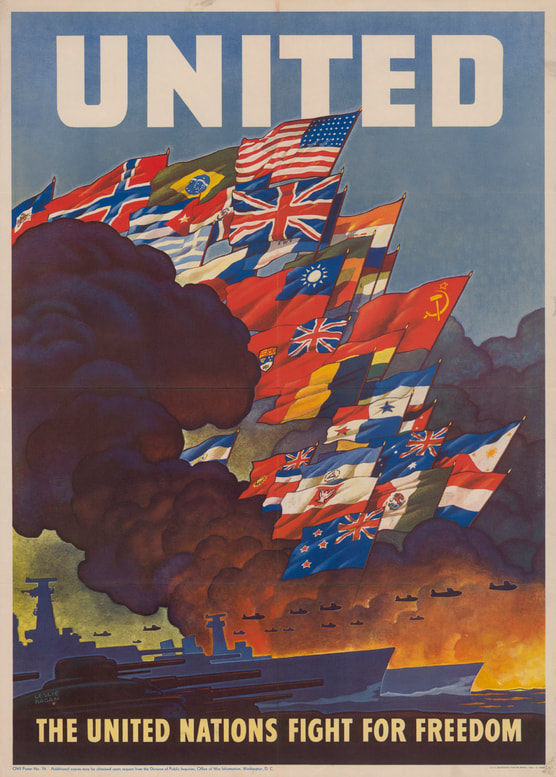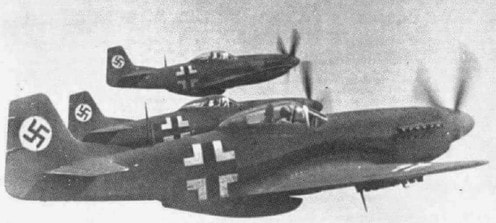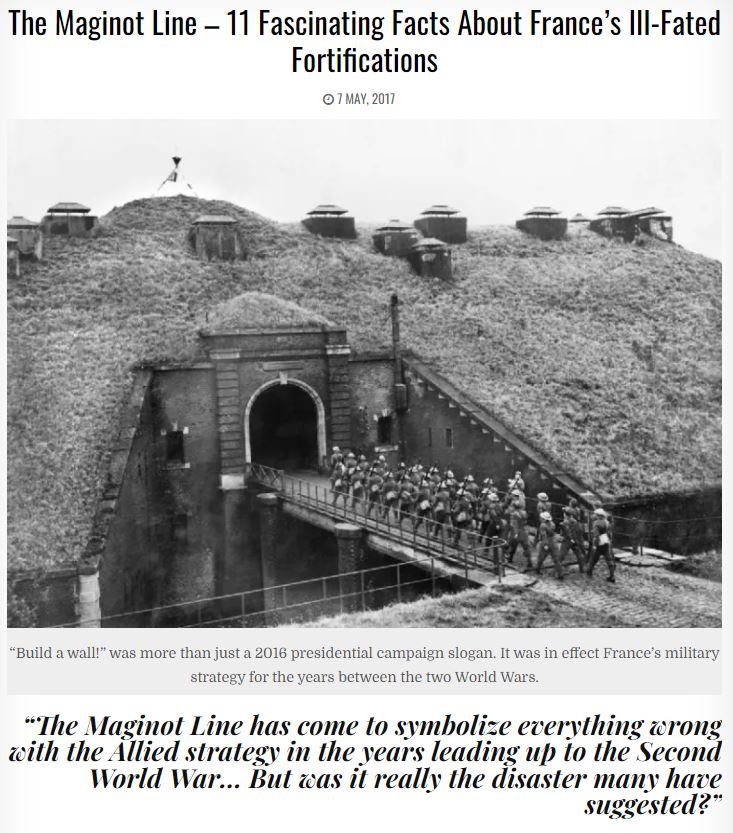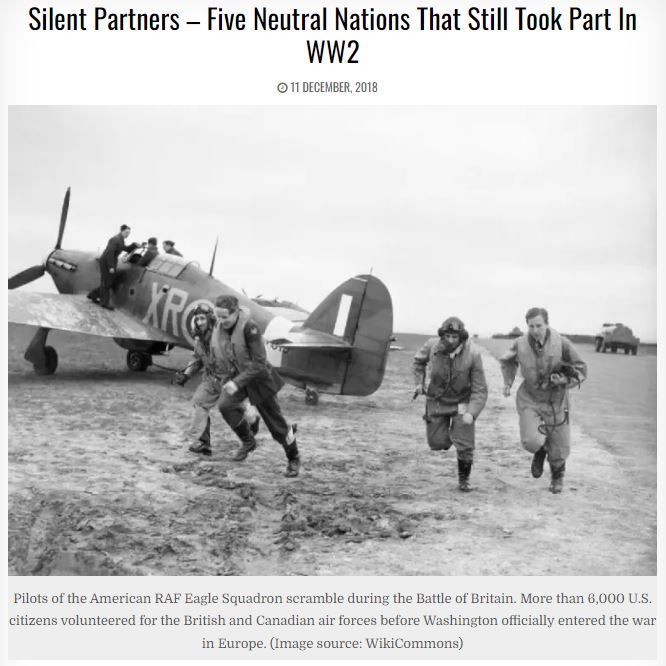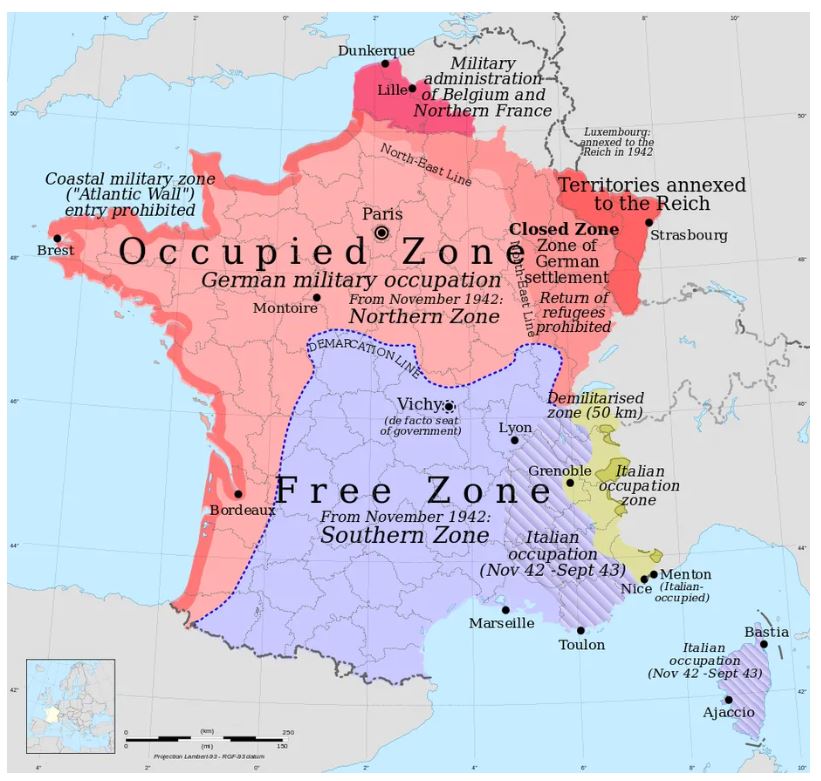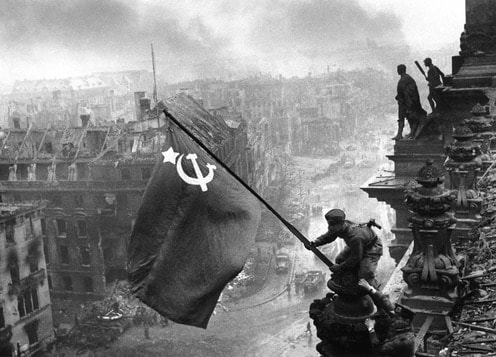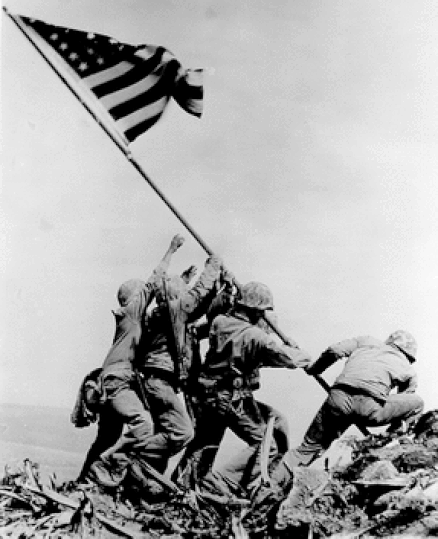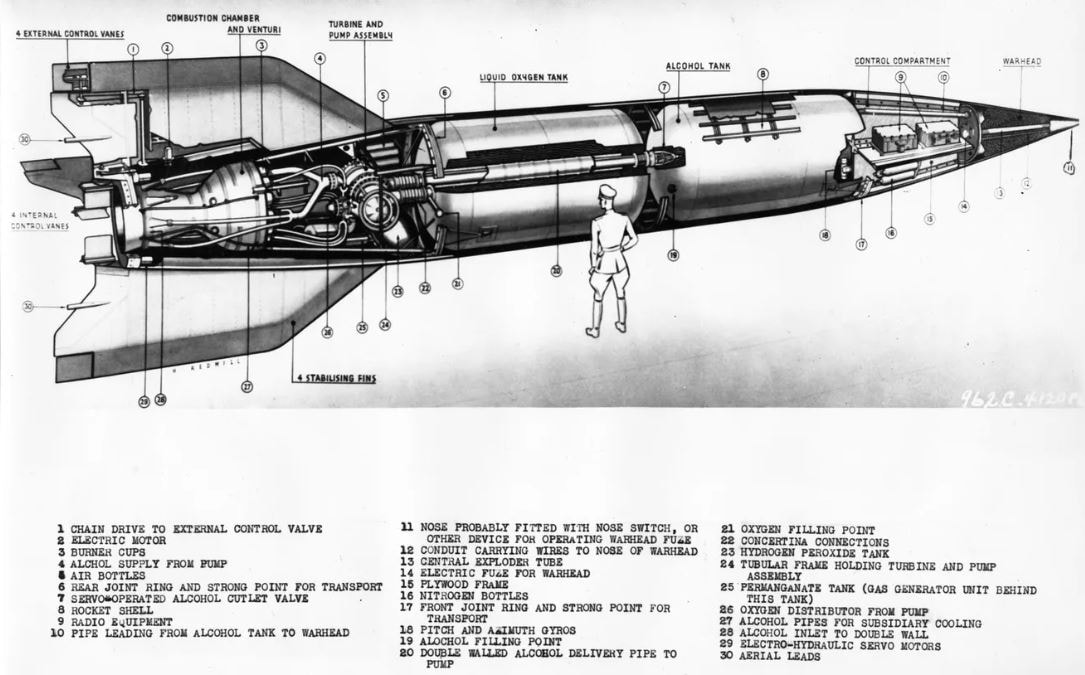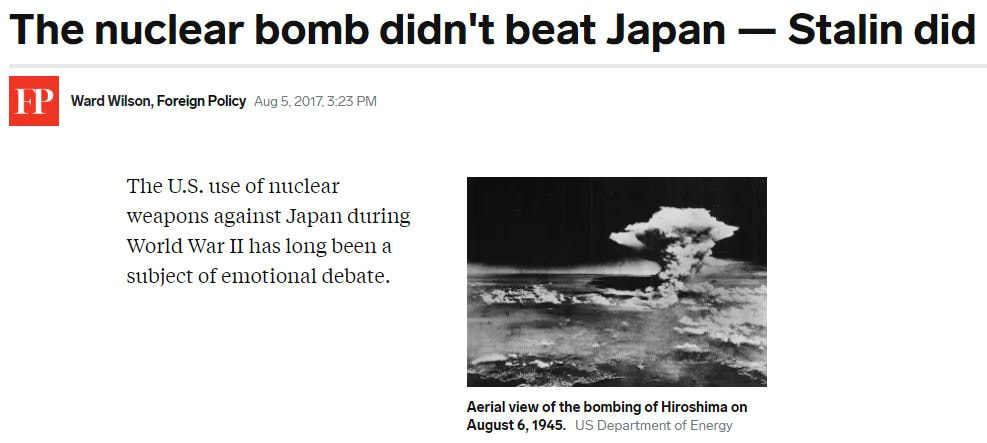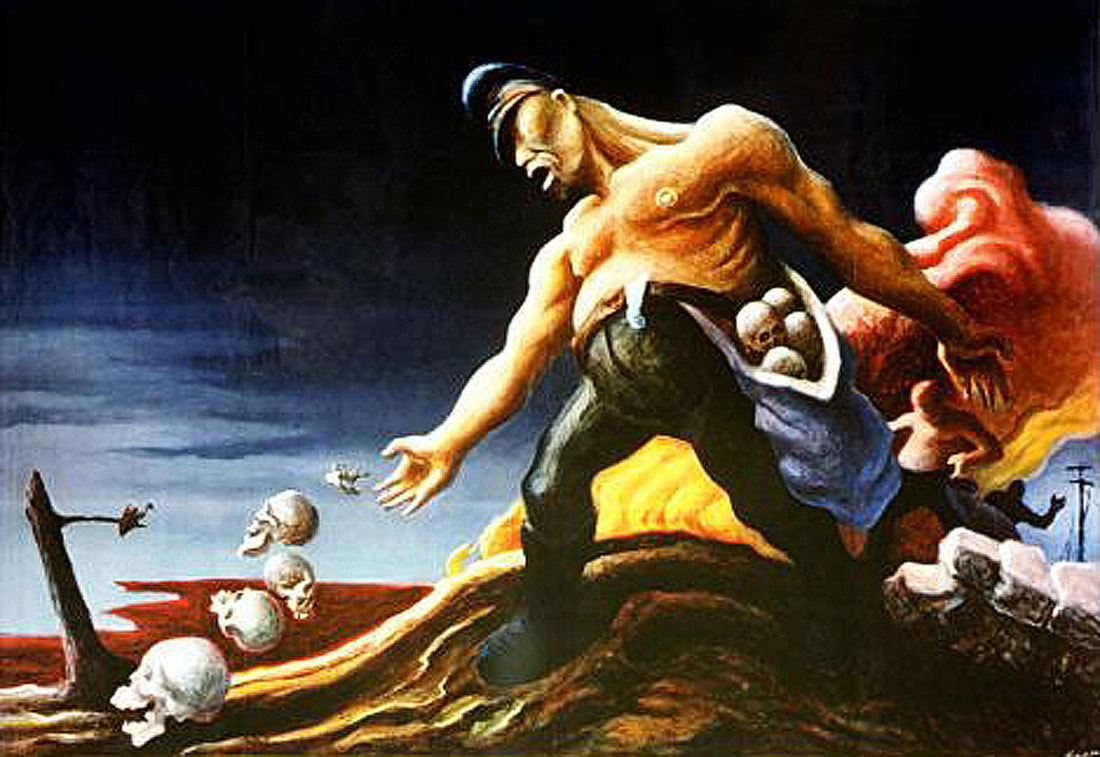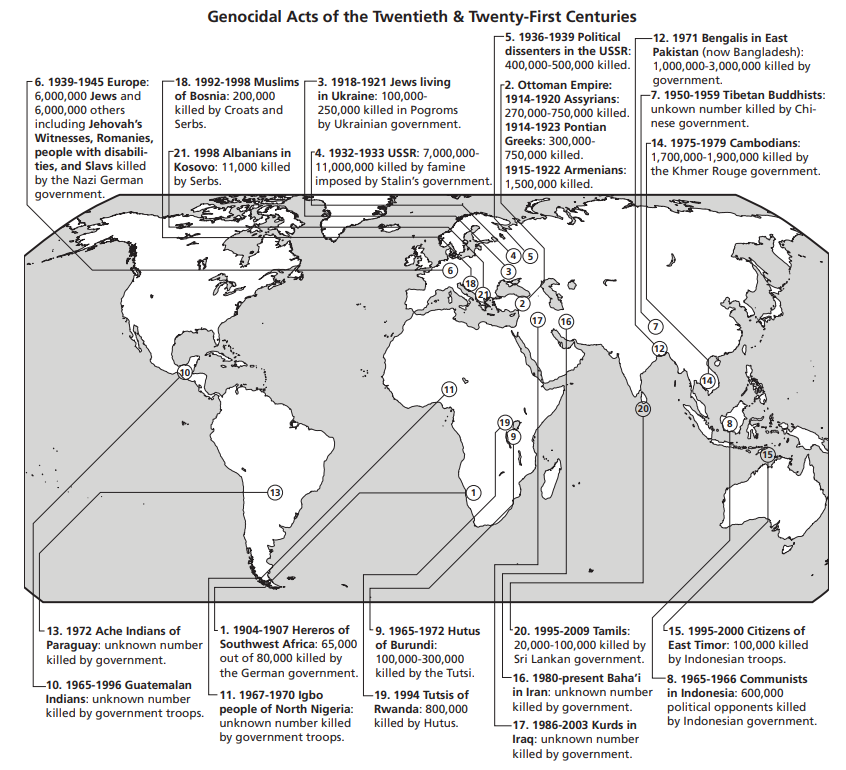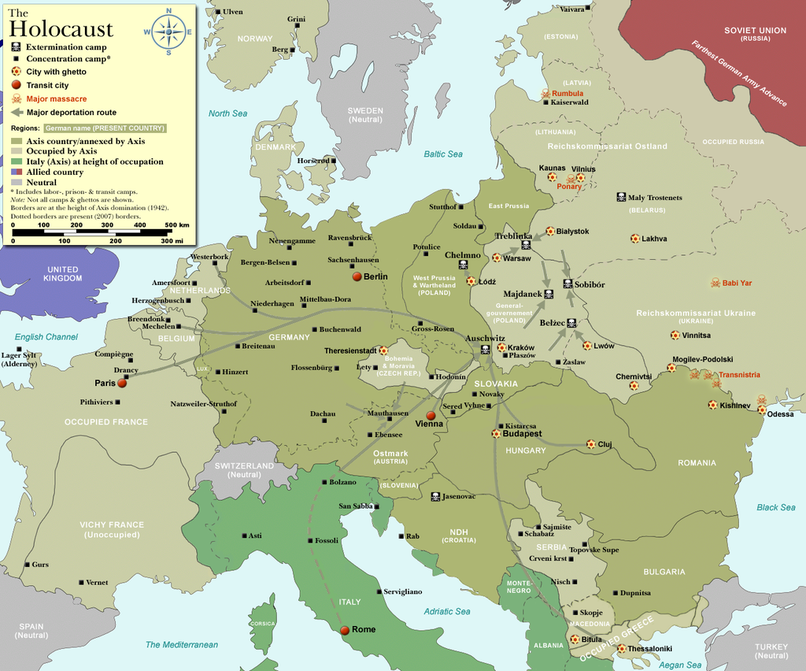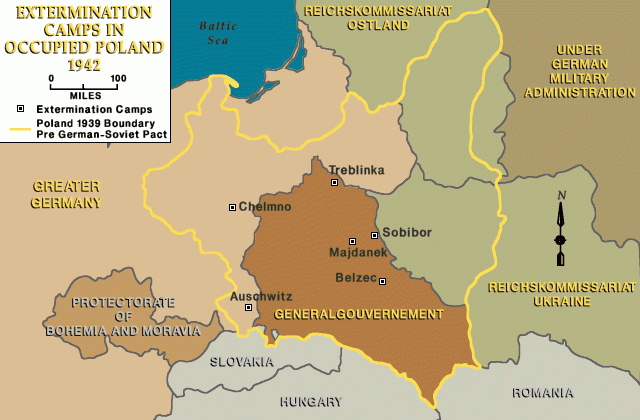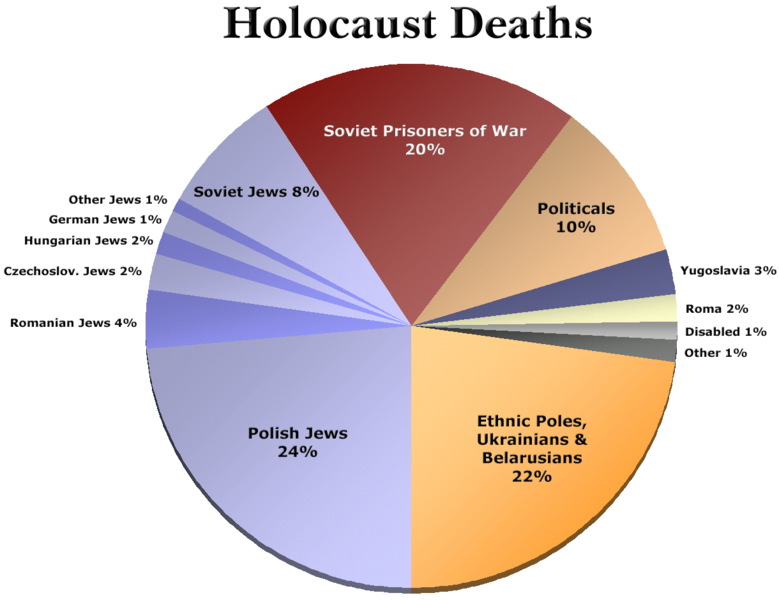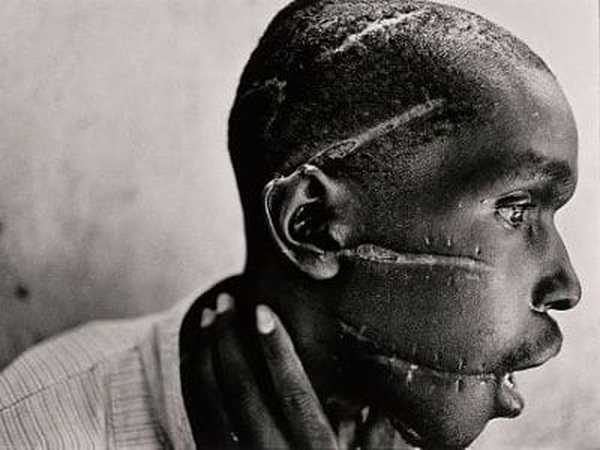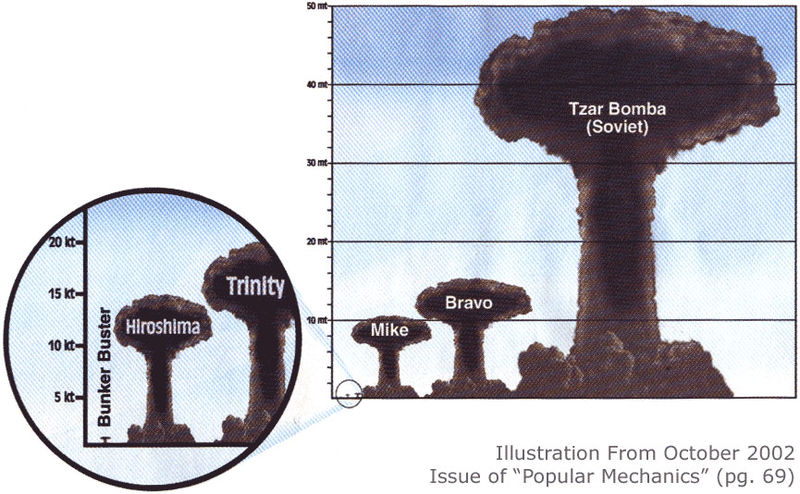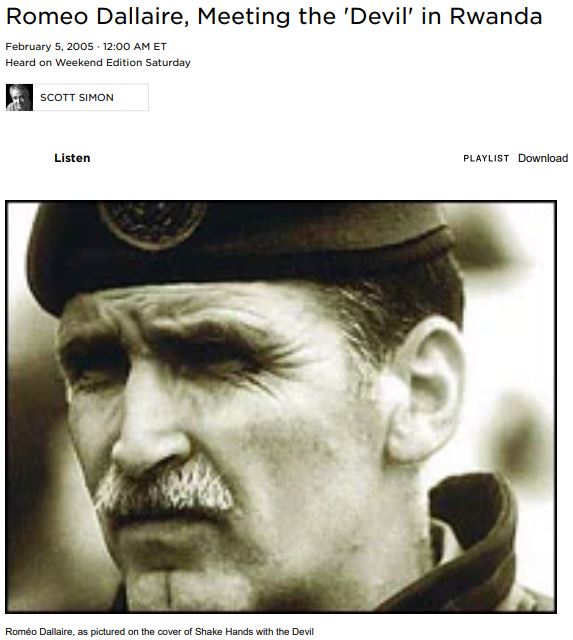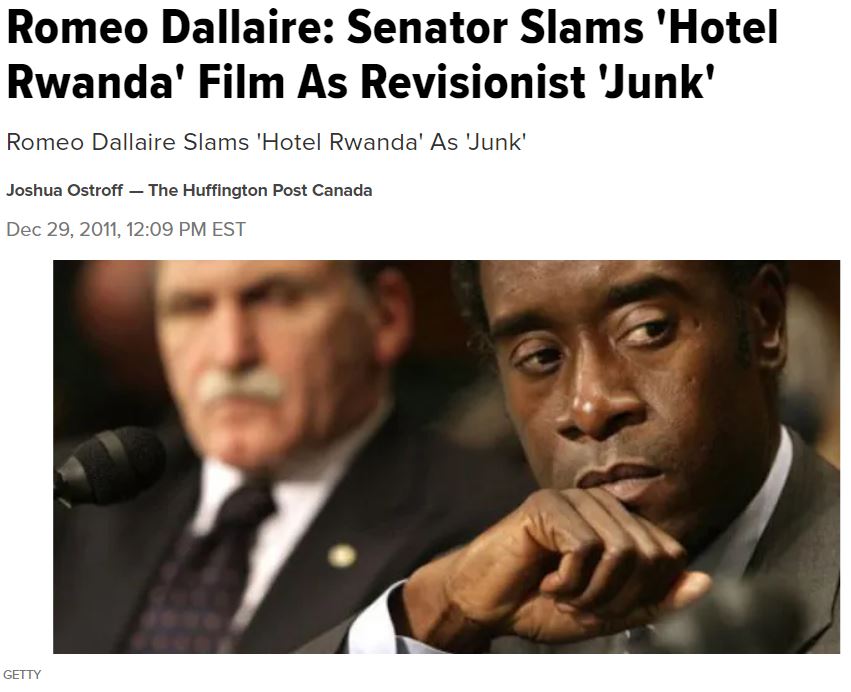World Wars
c. 1900-Today
Indian troops from Punjab in France, 1917
Contents
World Wars, c. 1900-Today:
Objectives
- Explain how internal and external factors contributed to change in various states after 1900.
- Explain the causes and consequences of World War I.
- Explain how governments used a variety of methods to conduct war.
- Explain how different governments responded to economic crisis after 1900.
- Explain the continuities and changes in territorial holdings from 1900 to the present.
- Explain the causes and consequences of World War II.
- Explain similarities and differences in how governments used a variety of methods to conduct war.
- Explain the various causes and consequences of mass atrocities in the period from 1900 to the present.
- Explain how different governments responded to economic crisis after 1900.
- Explain the continuities and changes in territorial holdings from 1900 to the present.
The Mexican Revolution
|
"I've Had About Enough of This". Uncle Sam leaps across the border to chase Pancho Villa during the Punitive Expedition.
|
States around the world challenged the existing political and social order, including the Mexican Revolution that arose as a result of political crisis.
audio pronunciation guide:
|
Soldaderas conduct firing practice, 1911
|
The Mexican Revolution (comprehensive)
The Mexican Revolution (abridged)
|
The Great War
|
Japanese capture of the German colony of Tsingtao, China, 1914
1914-1915
The Bikaner Camel Corps, British Imperial Service Troops from India, during the Sinai and Palestine Campaign, 1915
prisoners of war from various Allied nations
|
Austro-Hungarian troops on the mountainous Italian Front
|
German East African soliders
|
Colorized French photos from World War I
|
The Great War in 1914-1915 (comprehensive)
The Great War in 1914-1915 (abridged)
|
German Zeppelin-Staaken R.VI giant bomber
1916-1918
1919 postcard depicting the battle of Château-Thierry
|
The Great War in 1916-1918 (comprehensive)
The Great War in 1916-1918 (abridged)
|
Imperial Collapse
|
"The Big Four" - David Lloyd George of Britain, Vittorio Orlando of Italy, Georges Clemenceau of France, and Woodrow Wilson of the U.S. - made all the major decisions at the Paris Peace Conference.
|
|
Imperial Collapse (comprehensive)
Imperial Collapse (abridged)
|
Soviet Modernization
Joseph Stalin (left), Vladimir Lenin (center), and Leon Trotsky (right) led the Bolshevik Revolution and founded the Soviet Union.
|
Soviet propaganda poster depicting Stalin leading Soviet forces during the Second World War.
The sculpture Worker and Kolkhoz Woman (1937) is one of the most famous art works of Socialist Realism.
|
In the Soviet Union, the government controlled the national economy through the Five Year Plans, often implementing repressive policies, with negative repercussions for the population.
audio pronunciation guide:
|
|
Now you see him. Now you don't. Victims of the Great Purge were erased from the Soviet historical record through elaborate document falsification.
|
|
Soviet Modernization (comprehensive)
Soviet Modernization (abridged)
|
The Great Depression
"Bread Line during the Louisville flood, Kentucky, 1937"
photo by Margaret Bourke-White
photo by Margaret Bourke-White
Modernism from Dave Phillips
|
The Great Depression (comprehensive)
The Great Depression (abridged)
|
Fascism
|
'Piece by Piece': American cartoon on Japan's expansion in Asia
Fascist Party Headquarters in Rome in 1934
Rare color photographs of Nazi Germany by Adolf Hitler's personal photographer. Hitler murdered his Nazi Party rivals and assumed the powers of the presidency to become Germany's Führer in 1934.
Japanese troops during a chemical attack against Chinese forces in the Second Sino-Japanese War, 1937
|
Between the two world wars, Western and Japanese imperial states predominantly maintained control over colonial holdings; in some cases, they gained additional territories through conquest or treaty settlement and in other cases faced anti-imperial resistance.
audio pronunciation guide:
political cartoons reacting to the Nazi-Soviet Nonaggression Pact
|
|
Fascism (comprehensive)
Fascism (abridged)
|
The Second World War
|
Japanese propaganda poster depicting a samurai triumphing over Allied navy ships with the Axis Power flags of Germany, Japan, and Italy fluttering in the background.
|
|
1939-1941
|
German airplanes during the Second World War emblazoned with the Nazi swastika symbol on their tails.
|
audio pronunciation guide:
1939-1941
Vichy France
|
|
World War II, 1939-1941 (comprehensive)
World War II, 1939-1941 (abridged)
|
1942-1945
|
Soviet soldiers fly the flag of the USSR after the Battle of Berlin.
American marines raise the US flag after the Battle of Iwo Jima.
diagram of a German V-2 rocket
|
audio pronunciation guide:
1942-1945
|
|
World War II, 1942-1945 (comprehensive)
World War II, 1942-1945 (abridged)
|
Total War and Genocide
|
Images from the Holocaust
A survivor of a vicious machete attack, the main weapon of murder in the Rwandan Genocide (1994).
At 50 million megatons, the Tsar Bomba thermonuclear device is the most powerful weapon ever developed. It was tested in 1961 during the peak of the Cold War. Reaching 35 miles into the atmosphere, the mushroom cloud was seven times the height of Mount Everest.
|
The rise of extremist groups in power led to the attempted destruction of specific populations, notably the Nazi killing of the Jews in the Holocaust during World War II, and to other atrocities, acts of genocide, or ethnic violence.
audio pronunciation guide:
|
|
Total War and Genocide (comprehensive)
Total War and Genocide (abridged)
|
